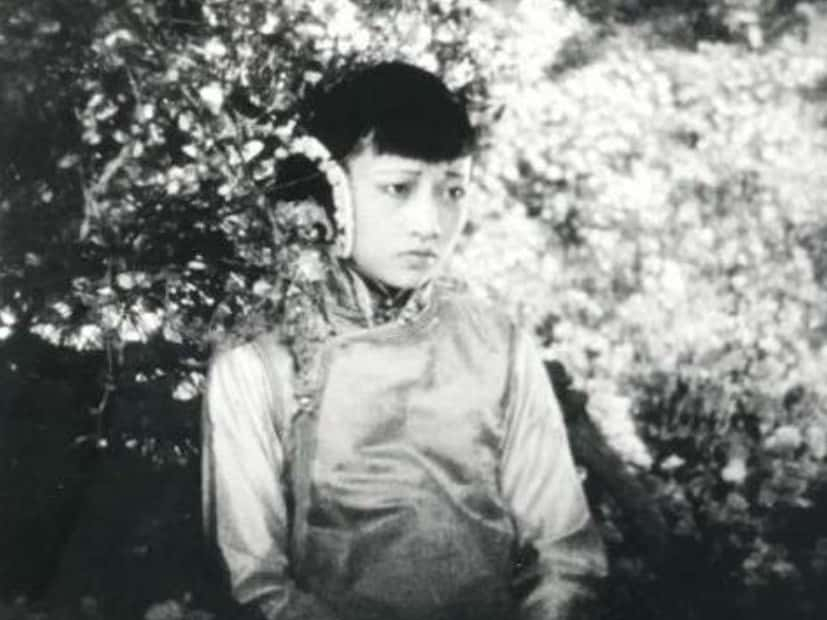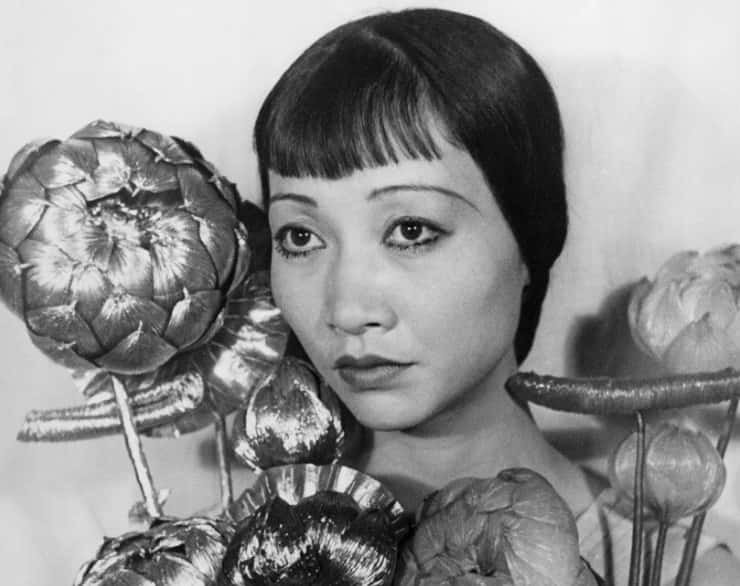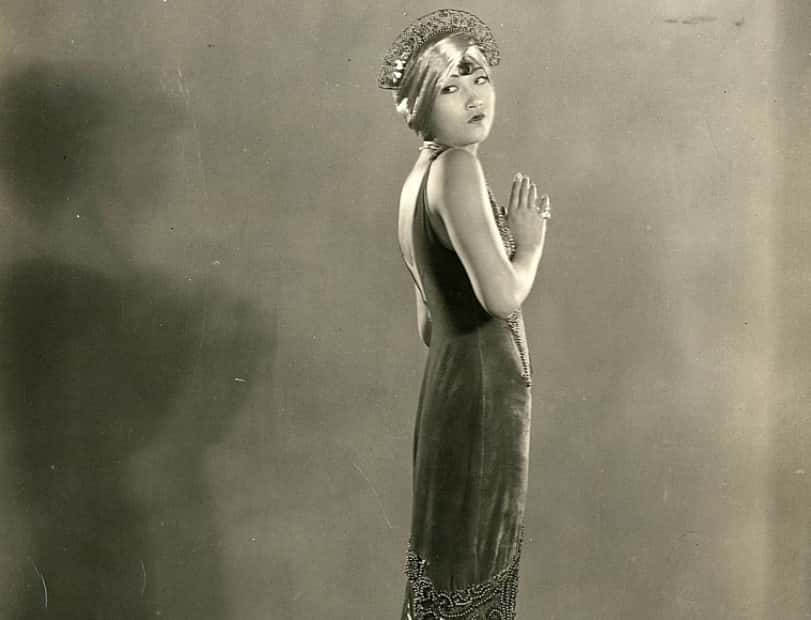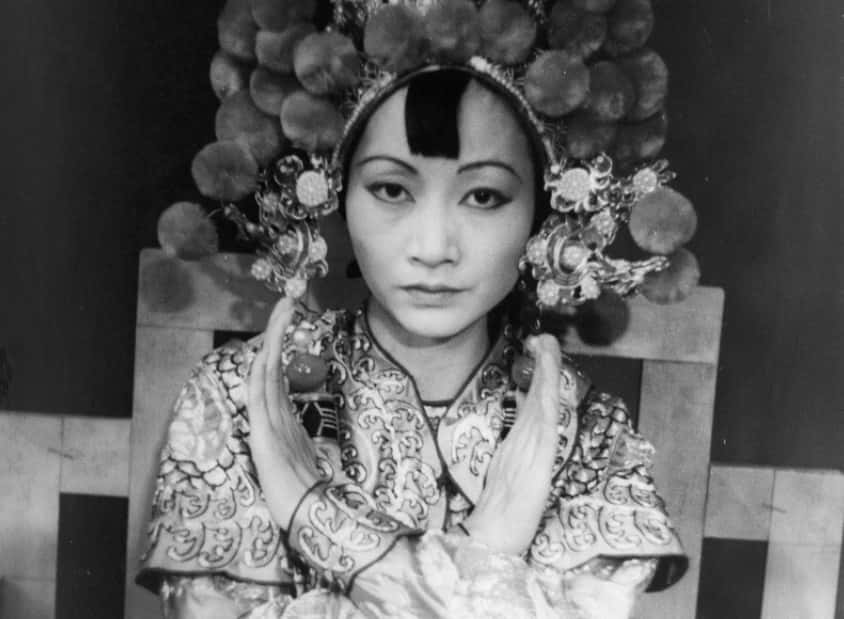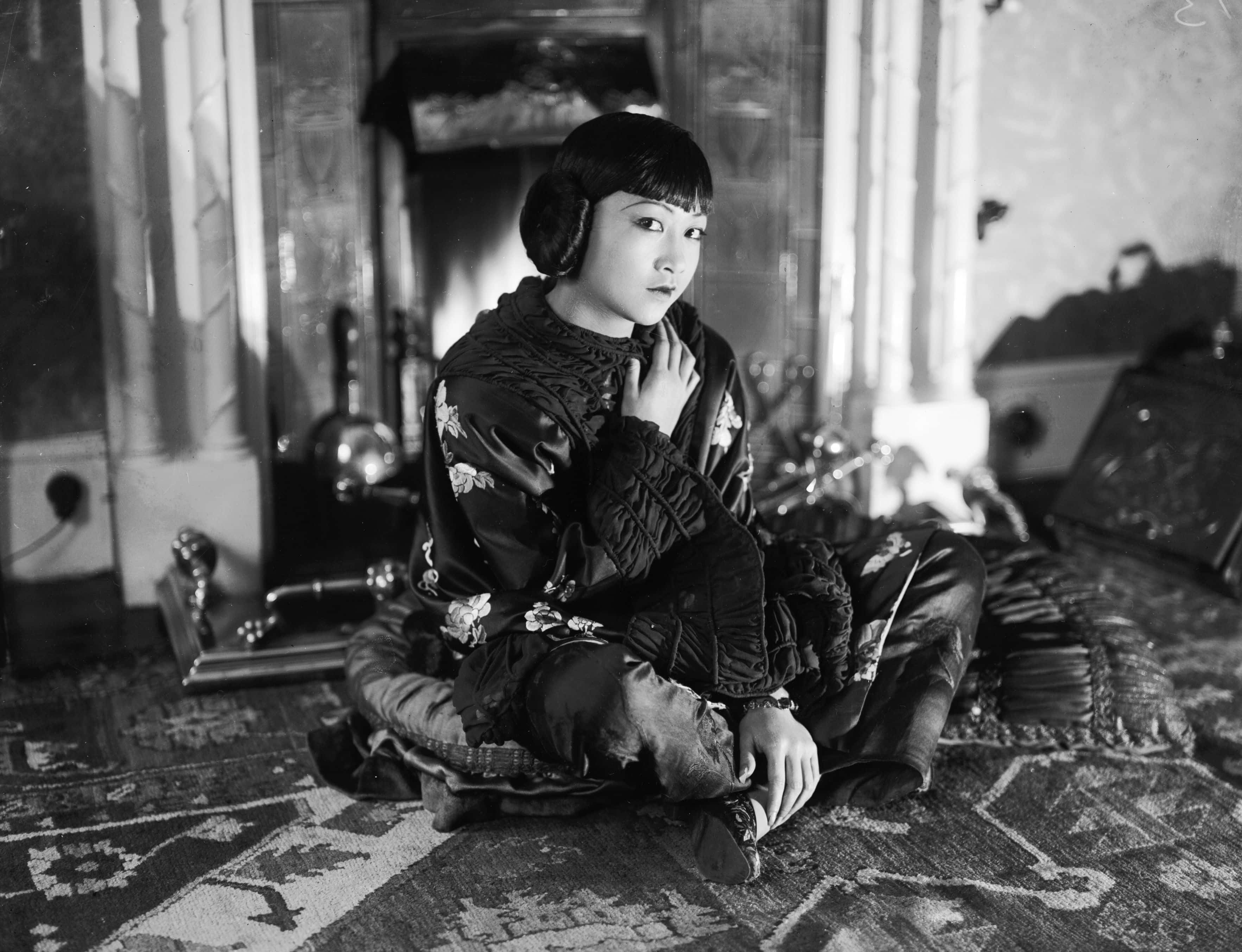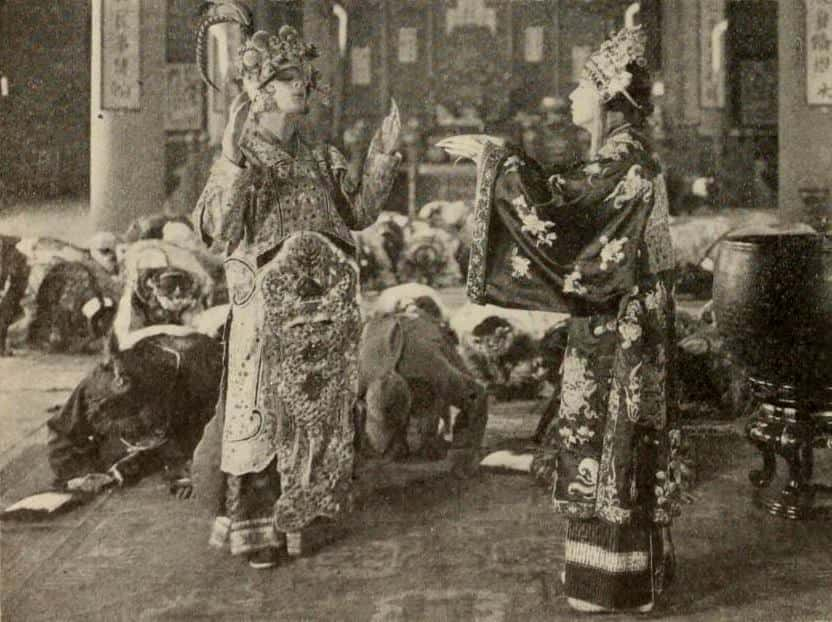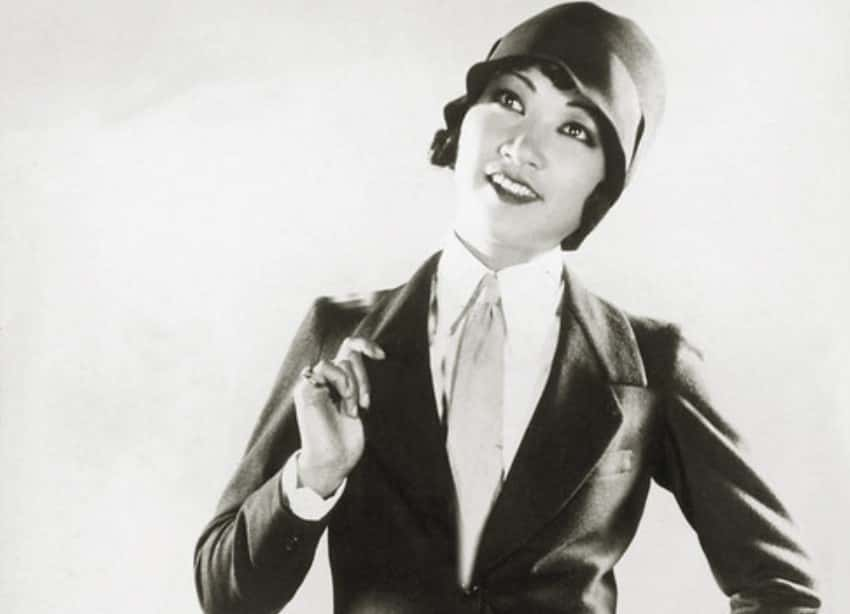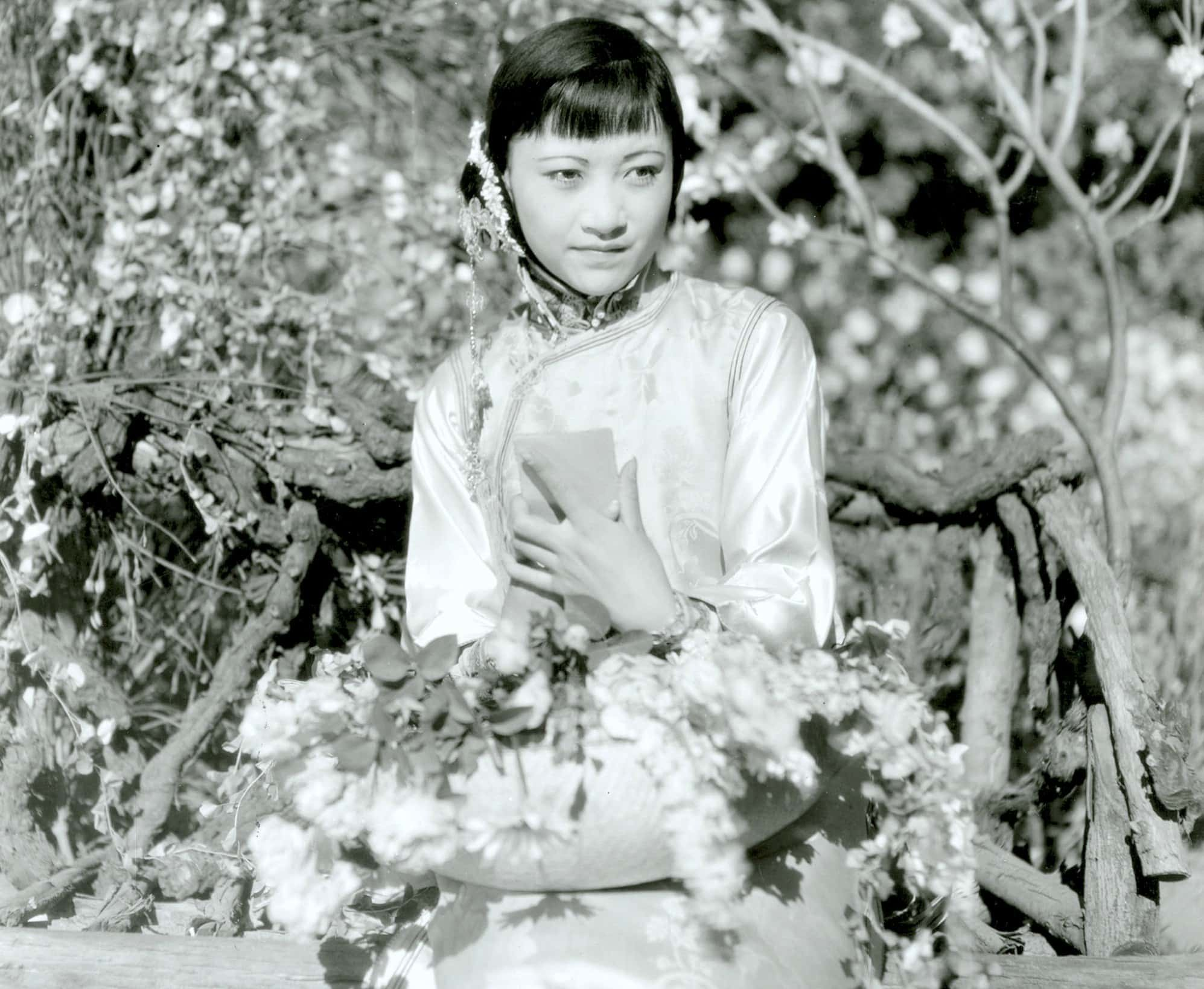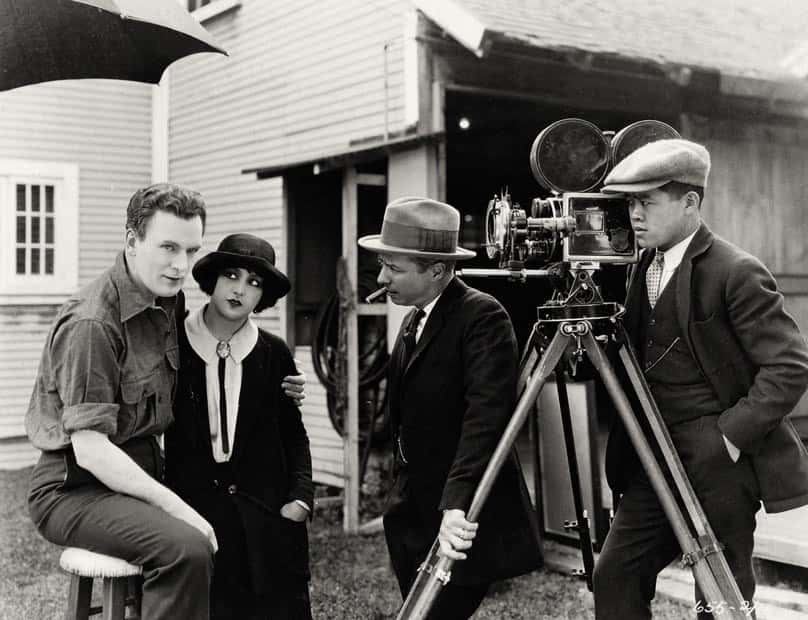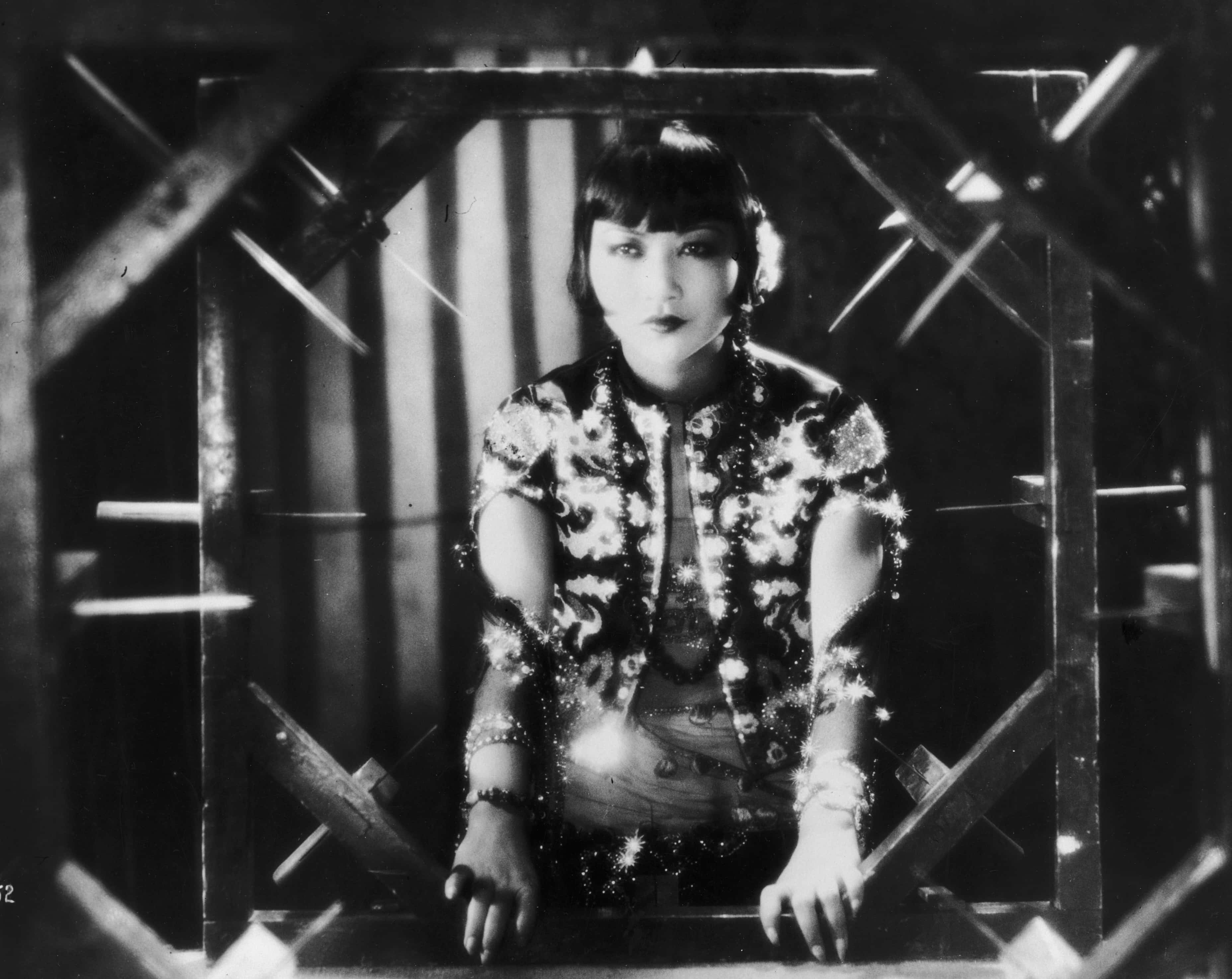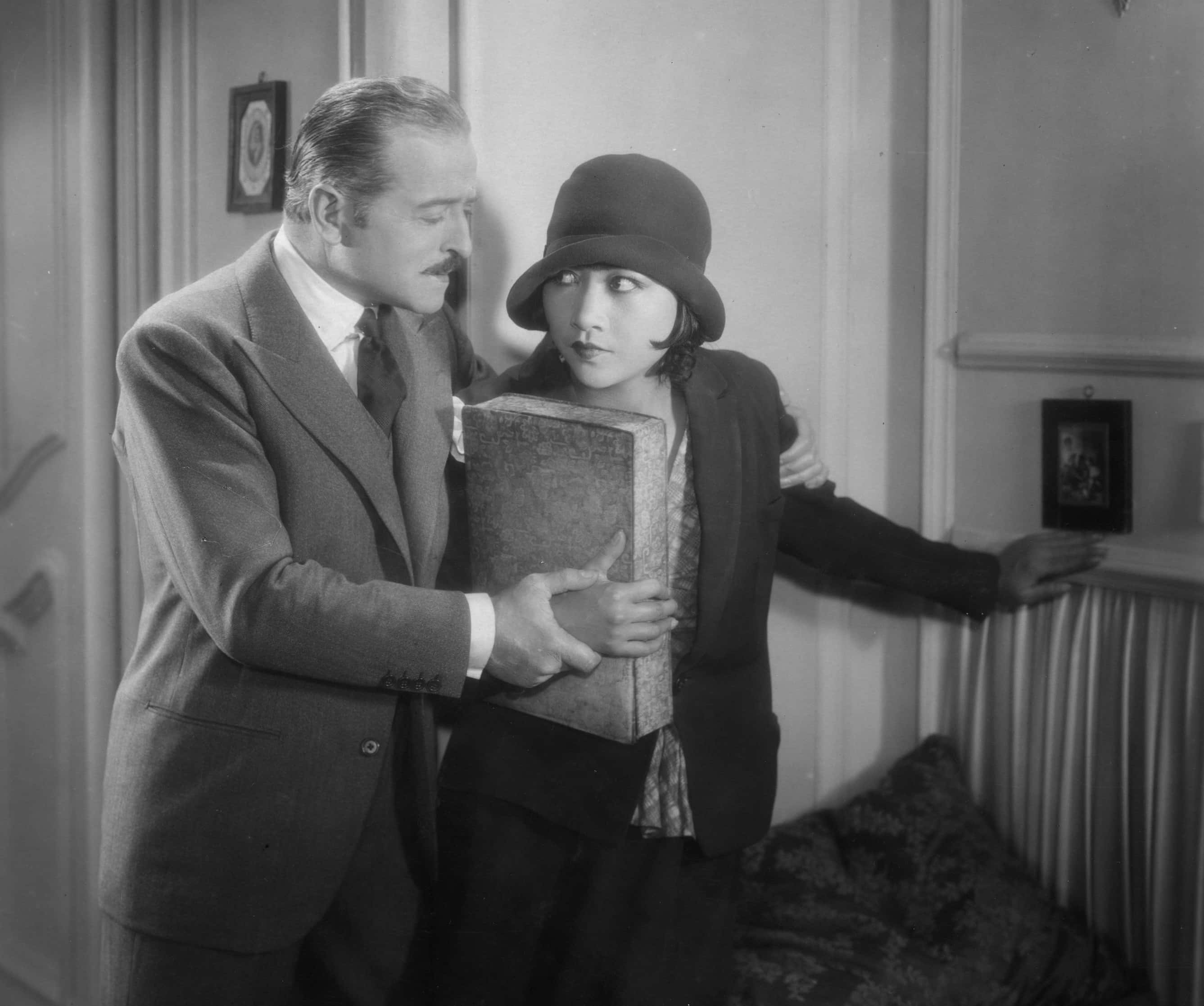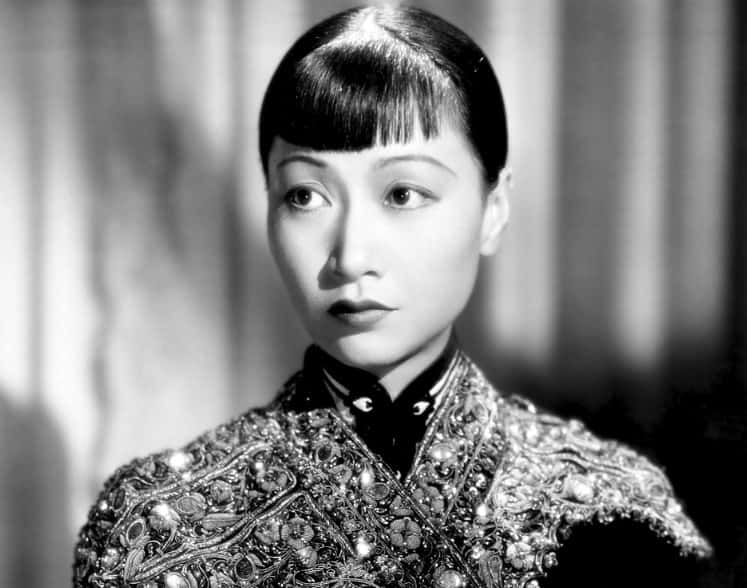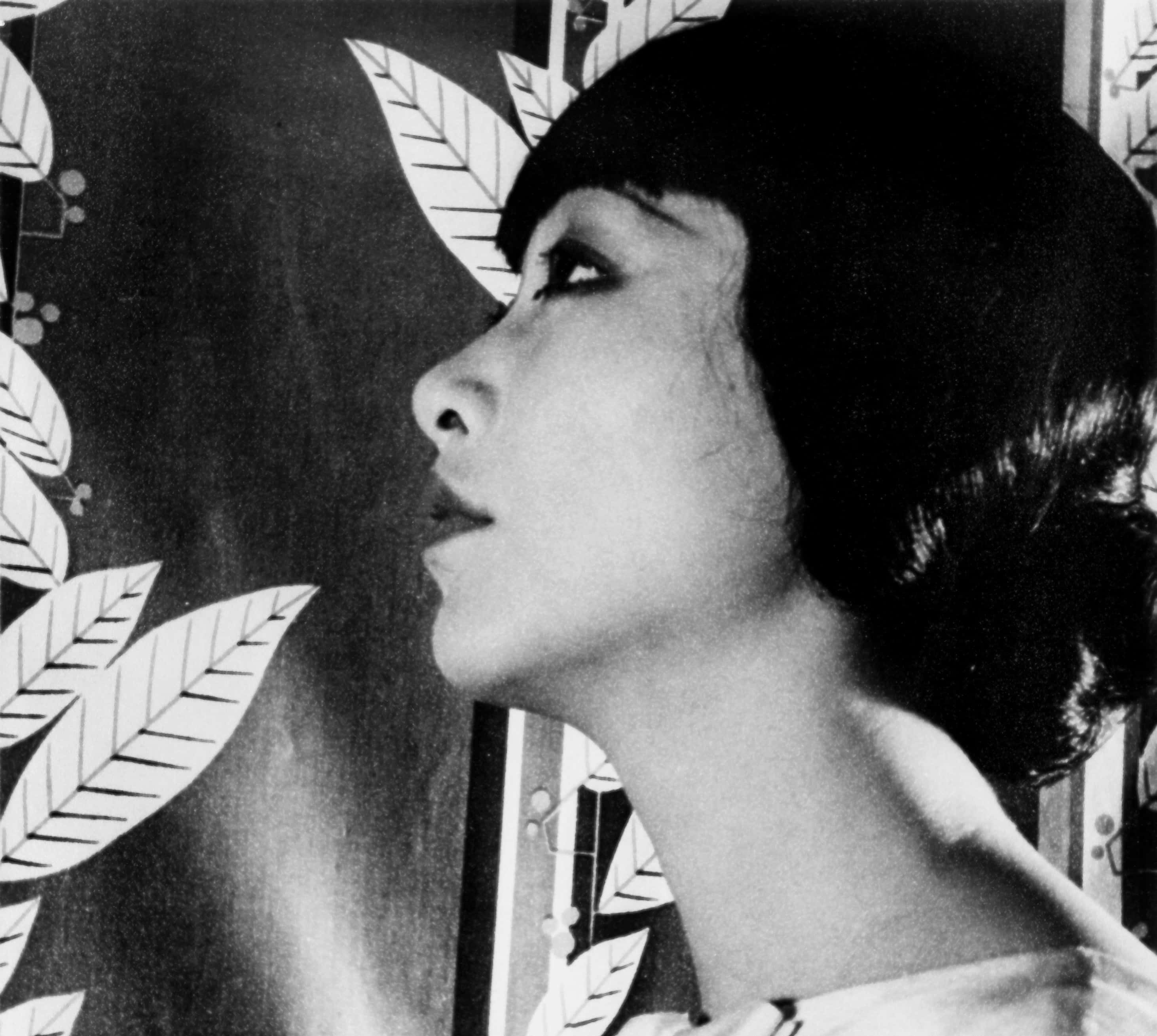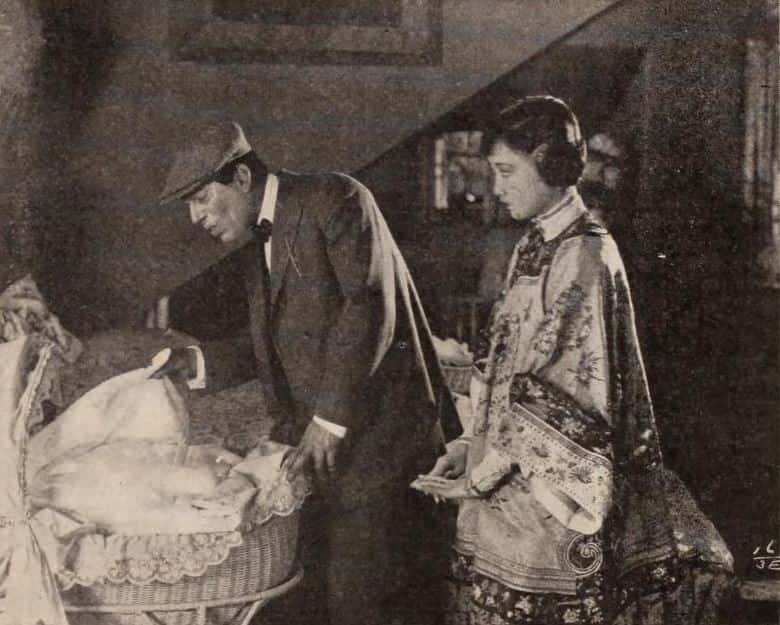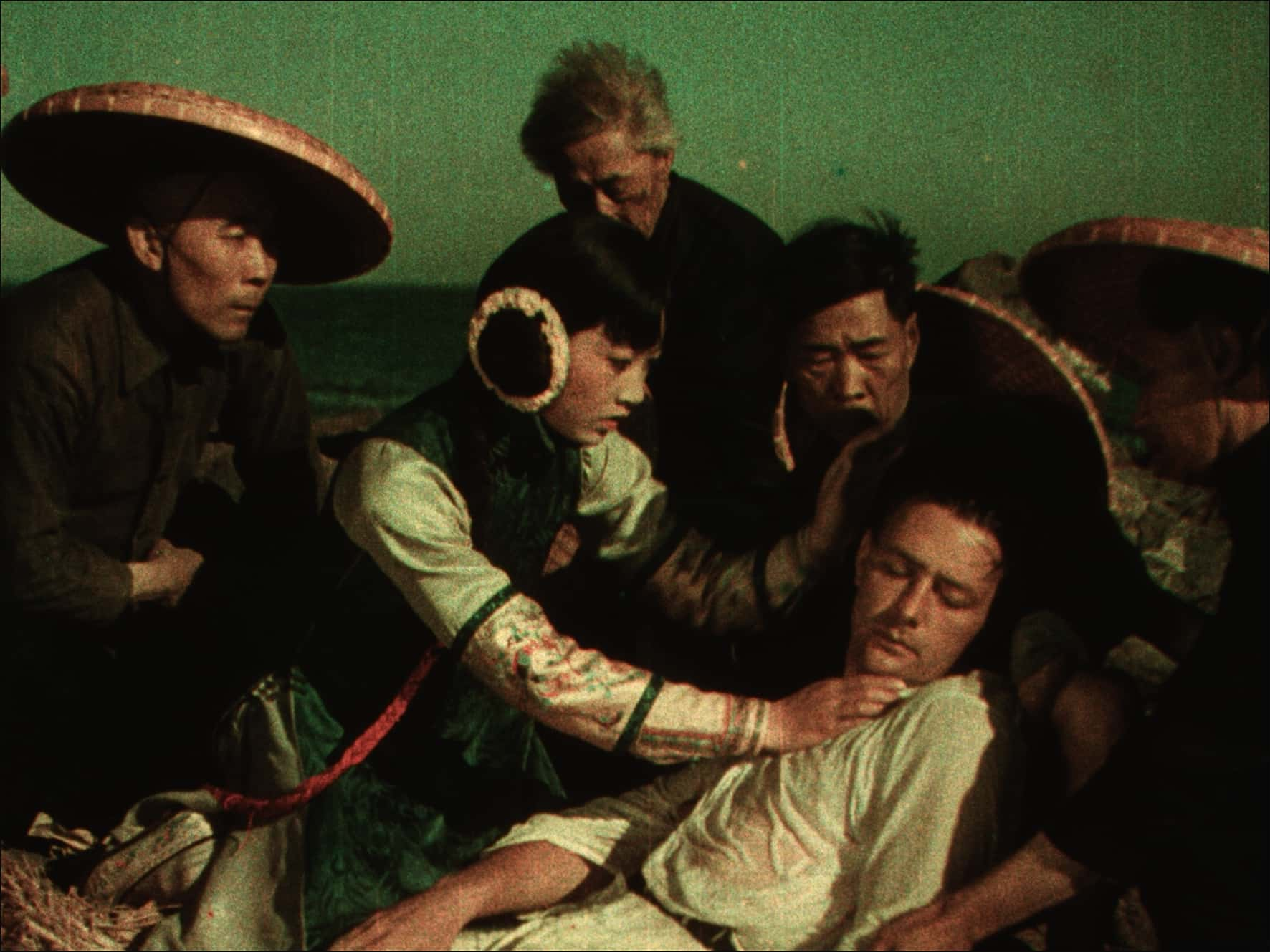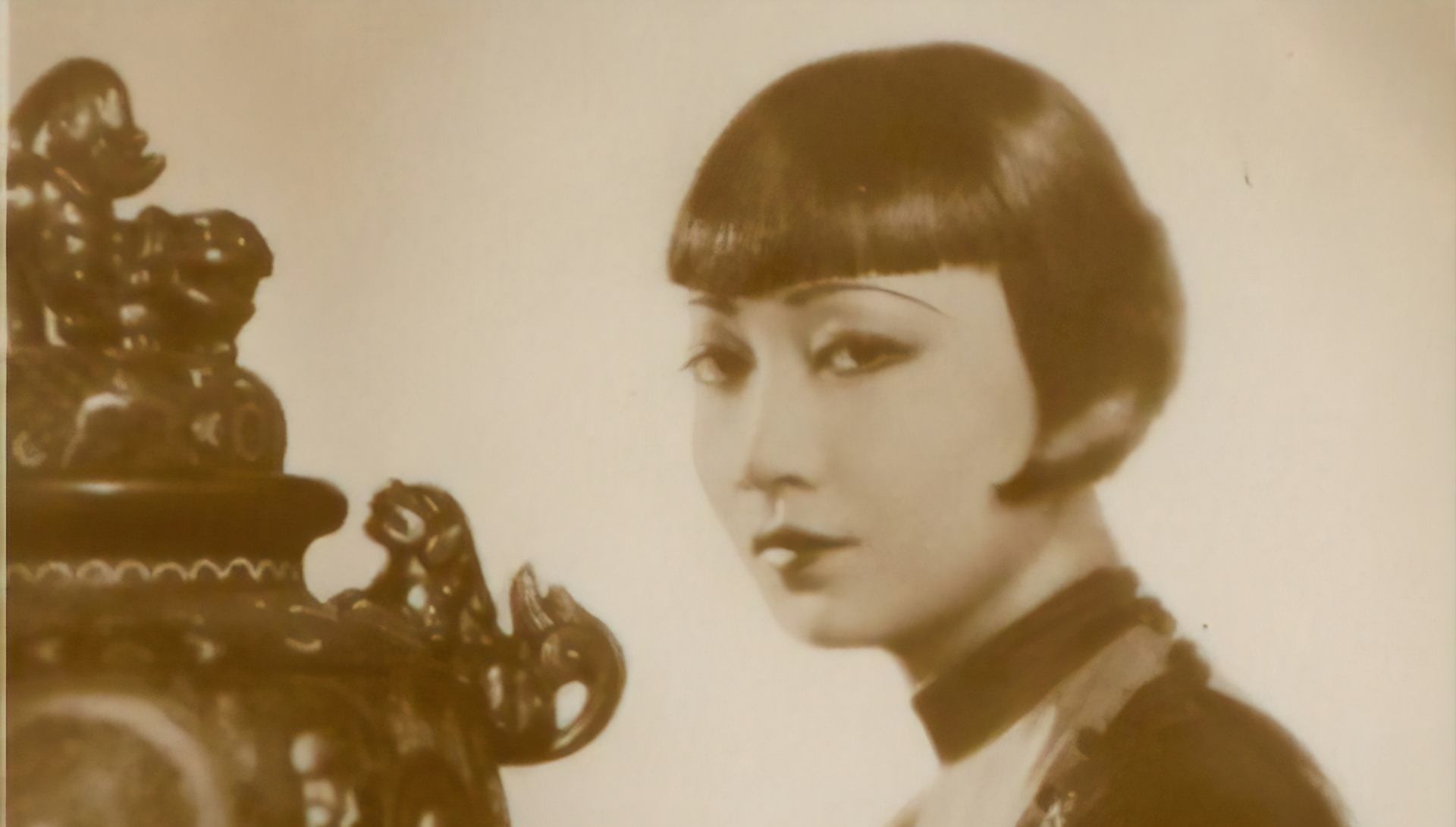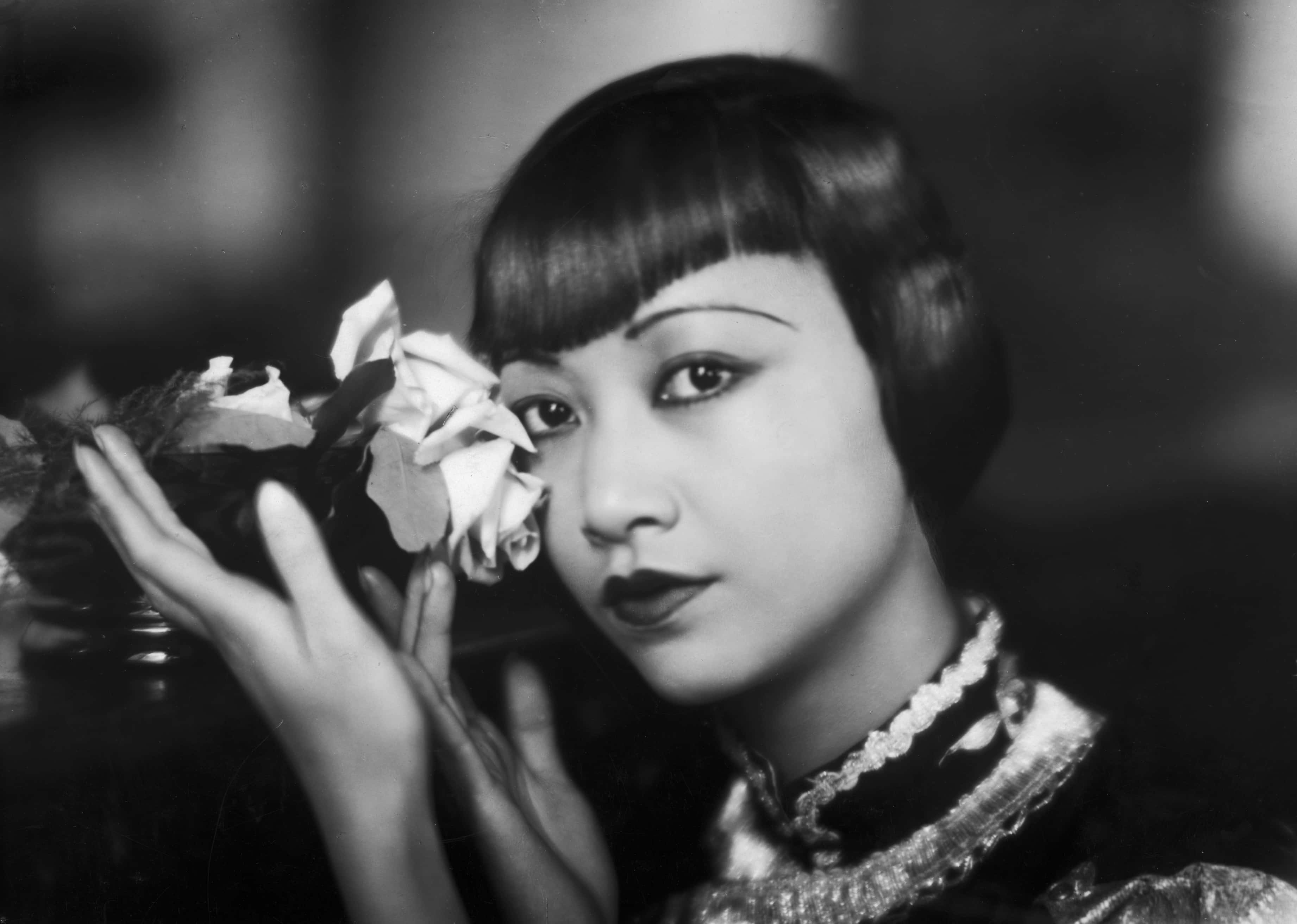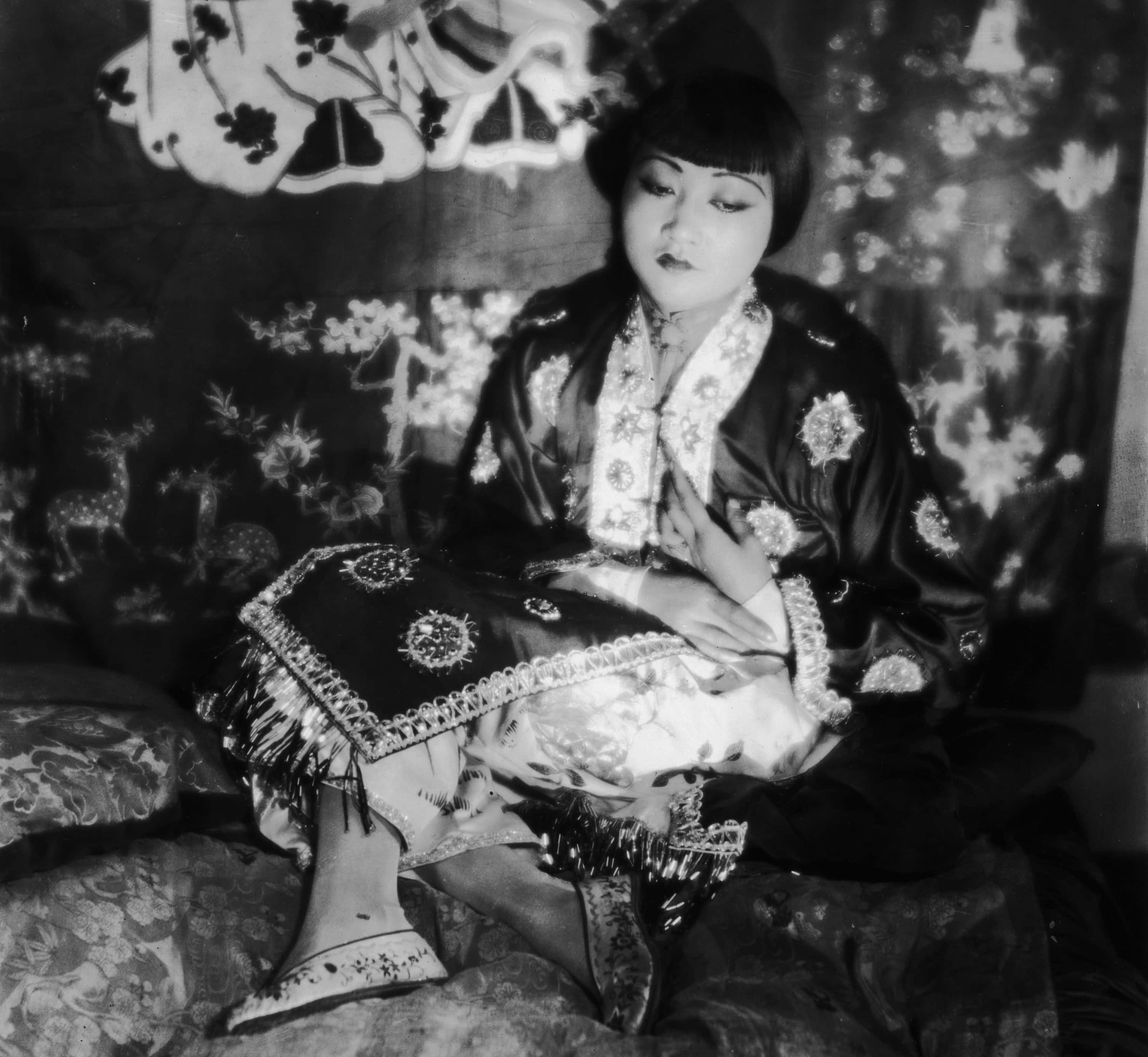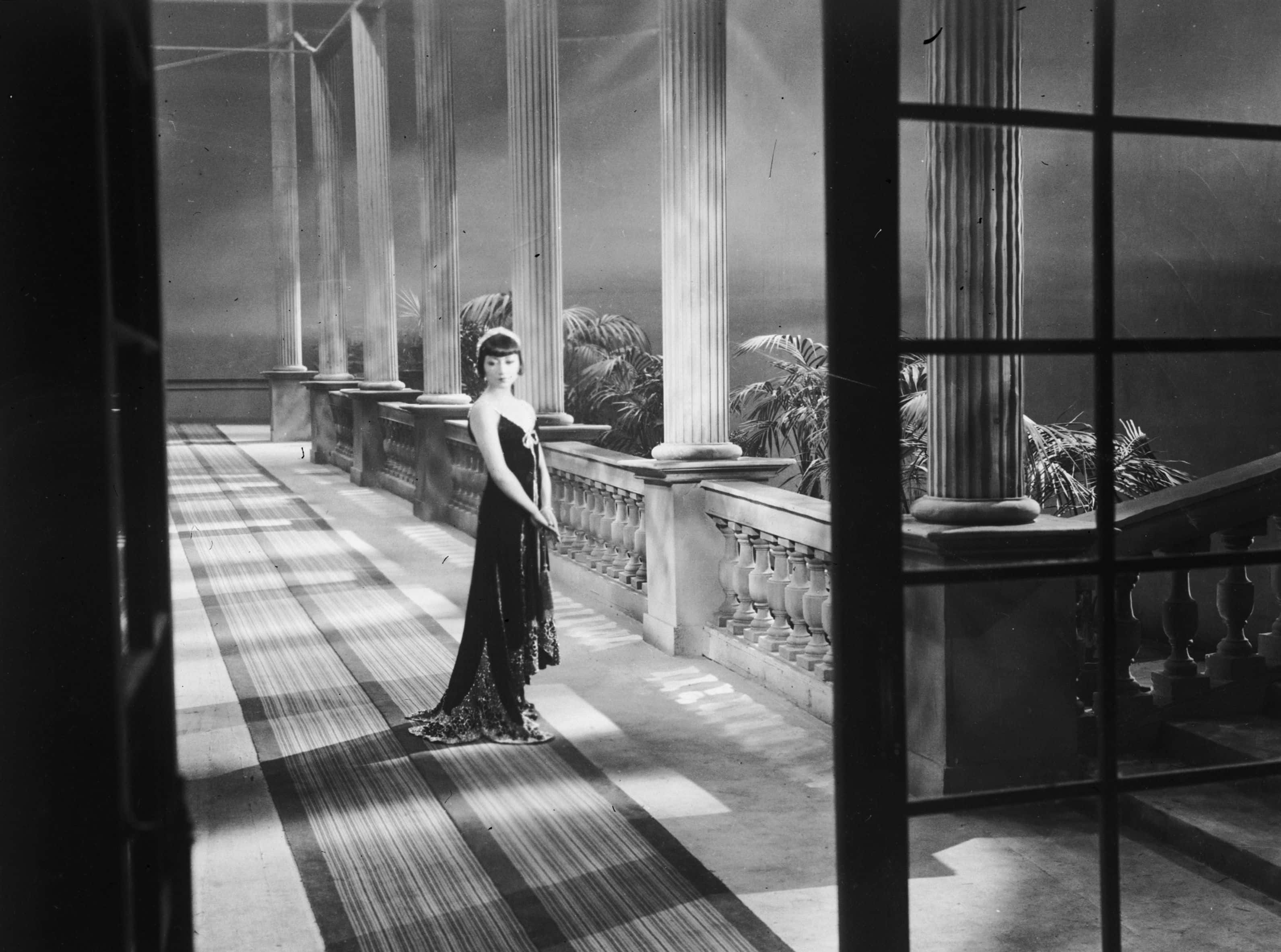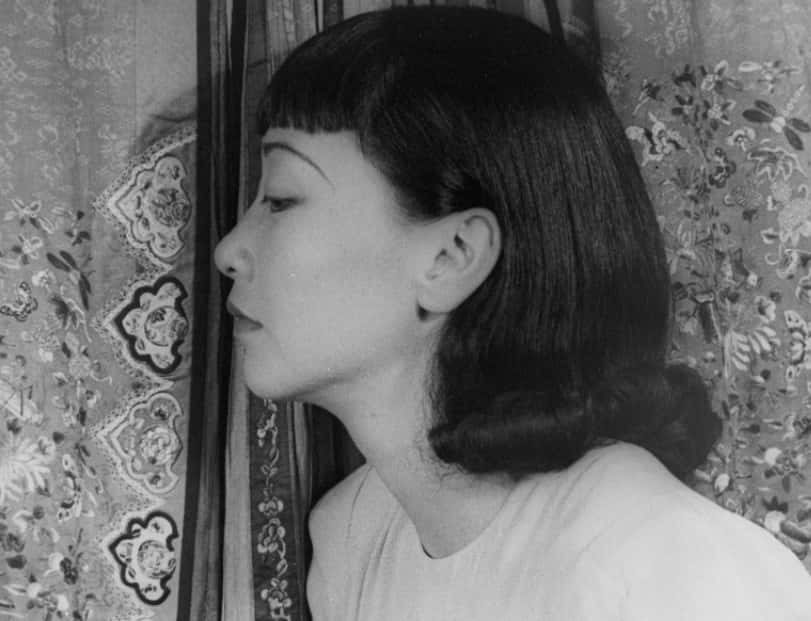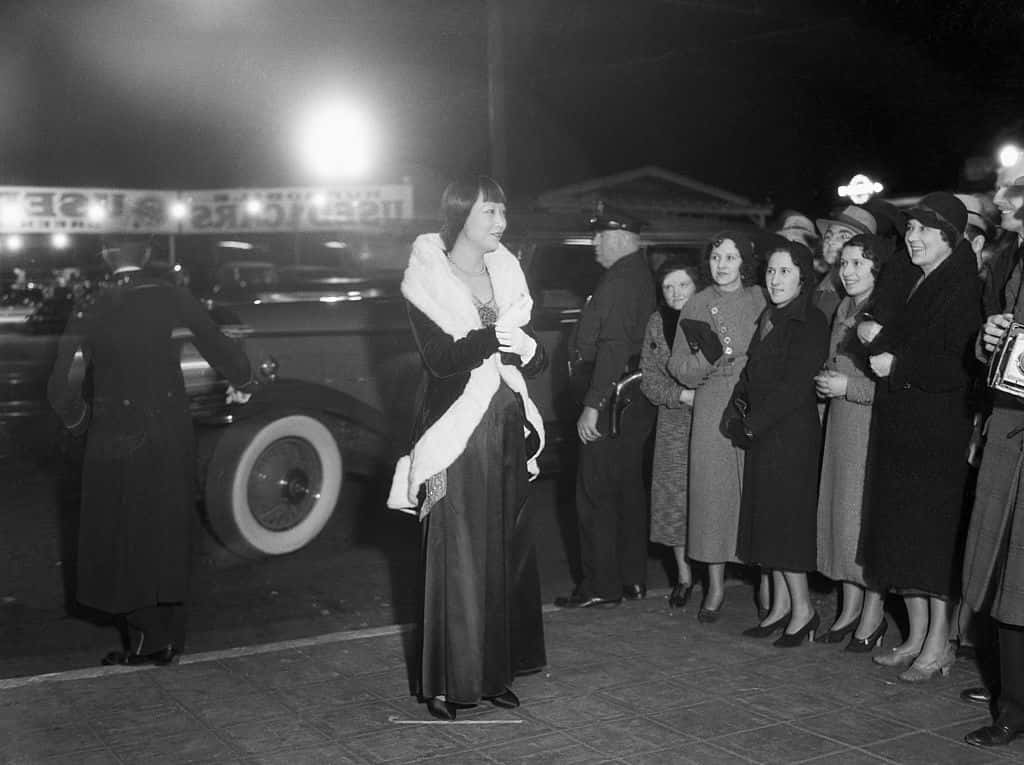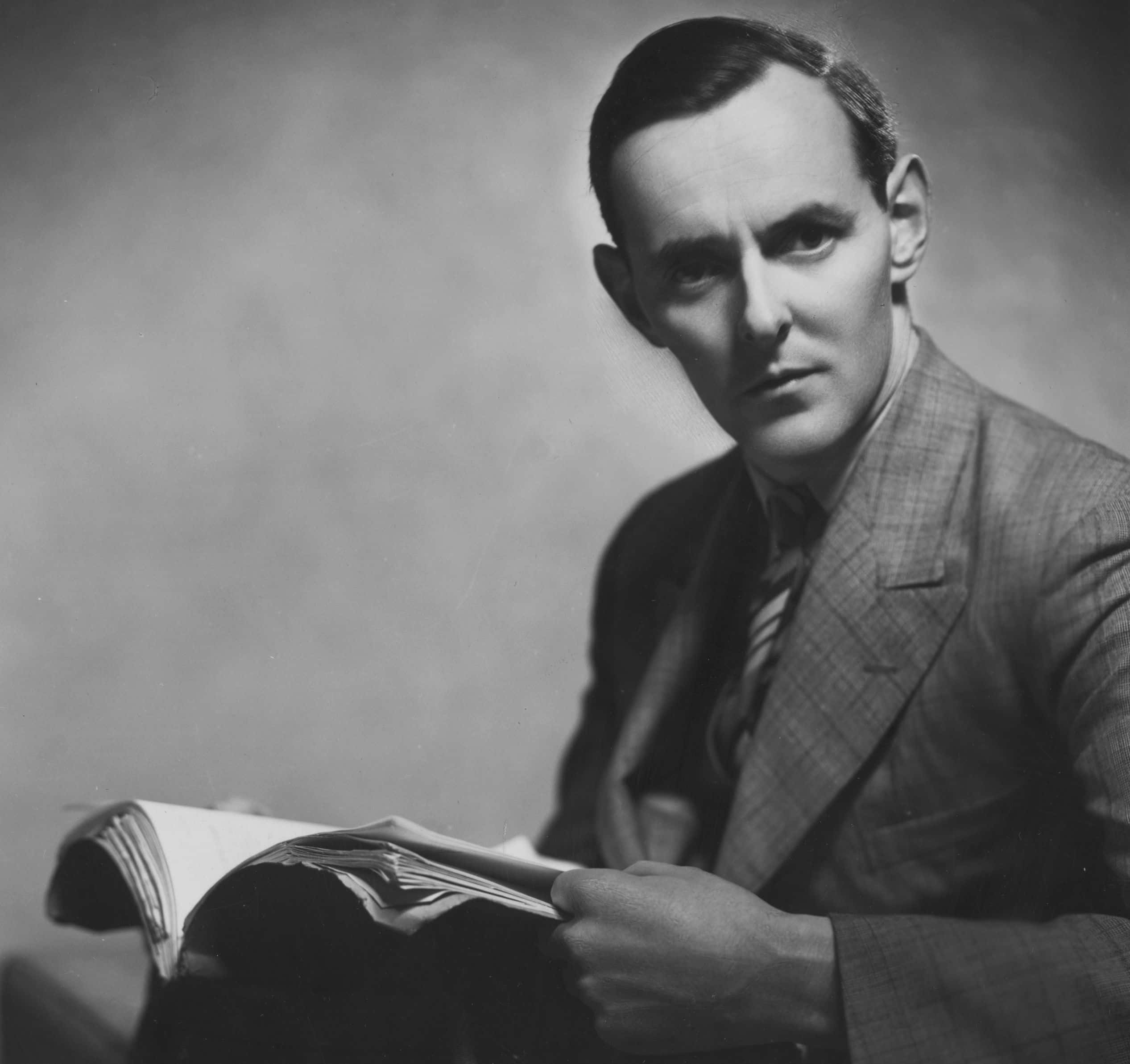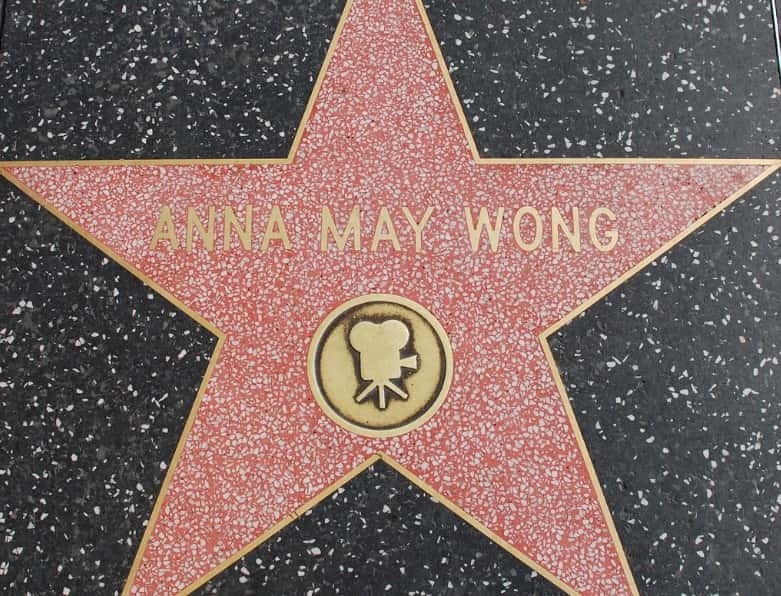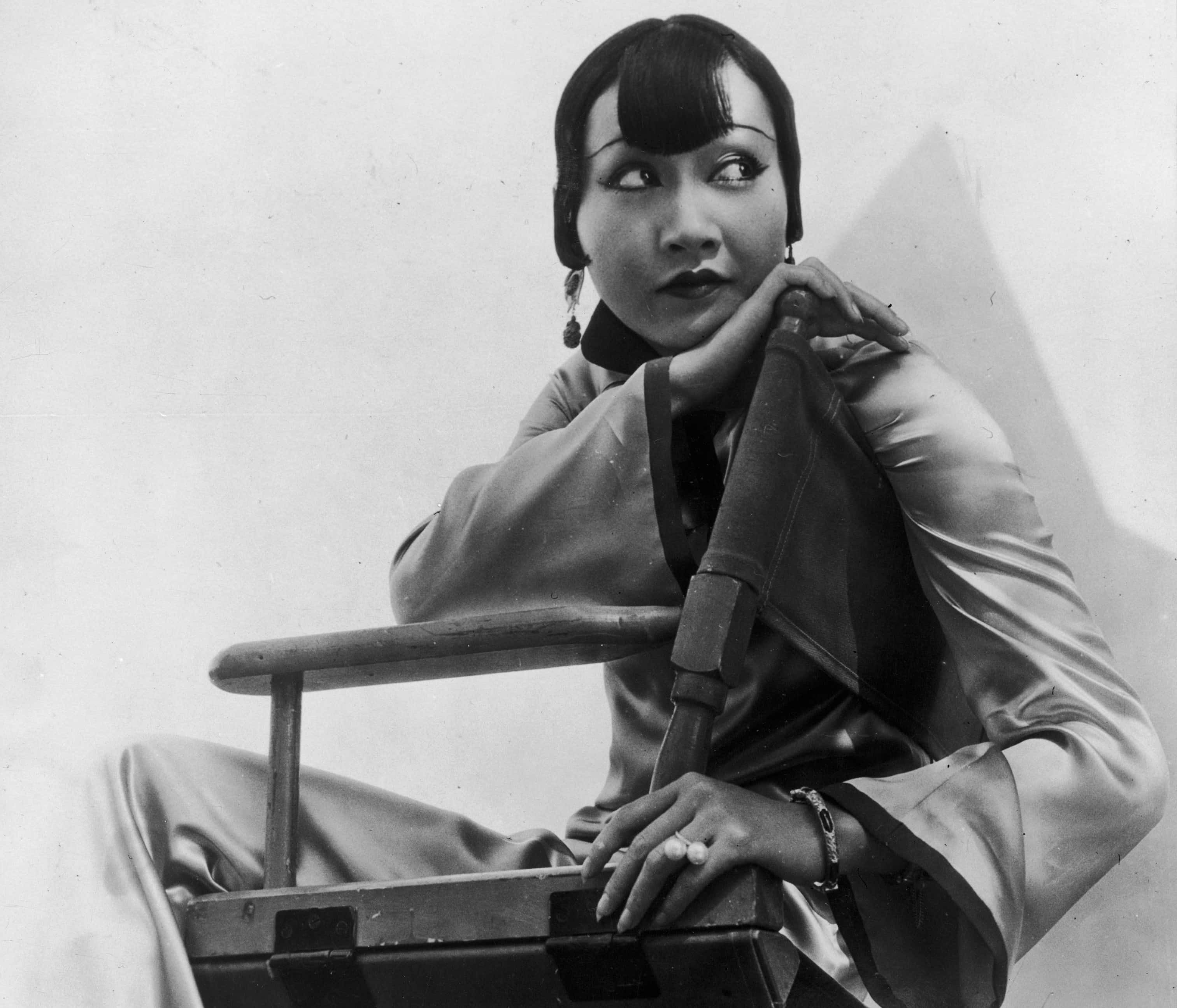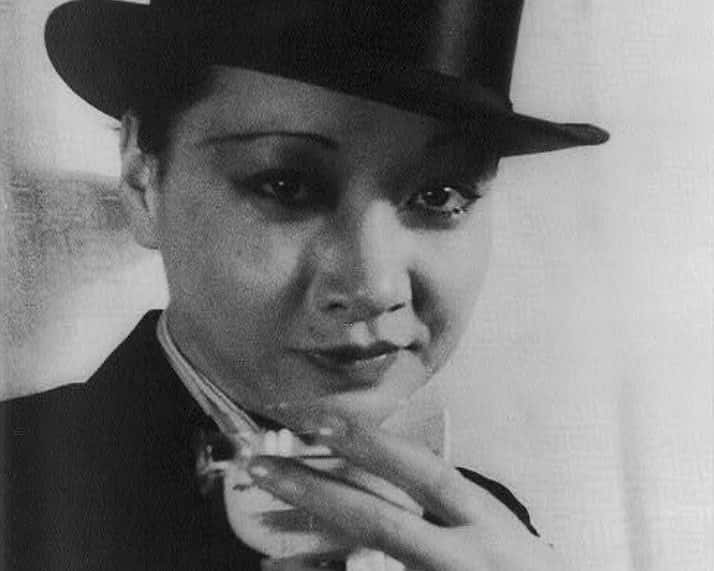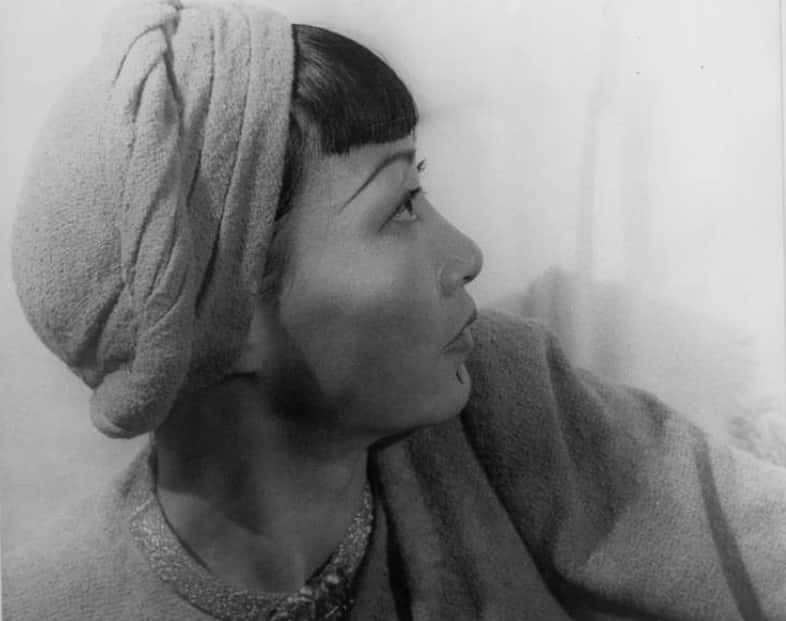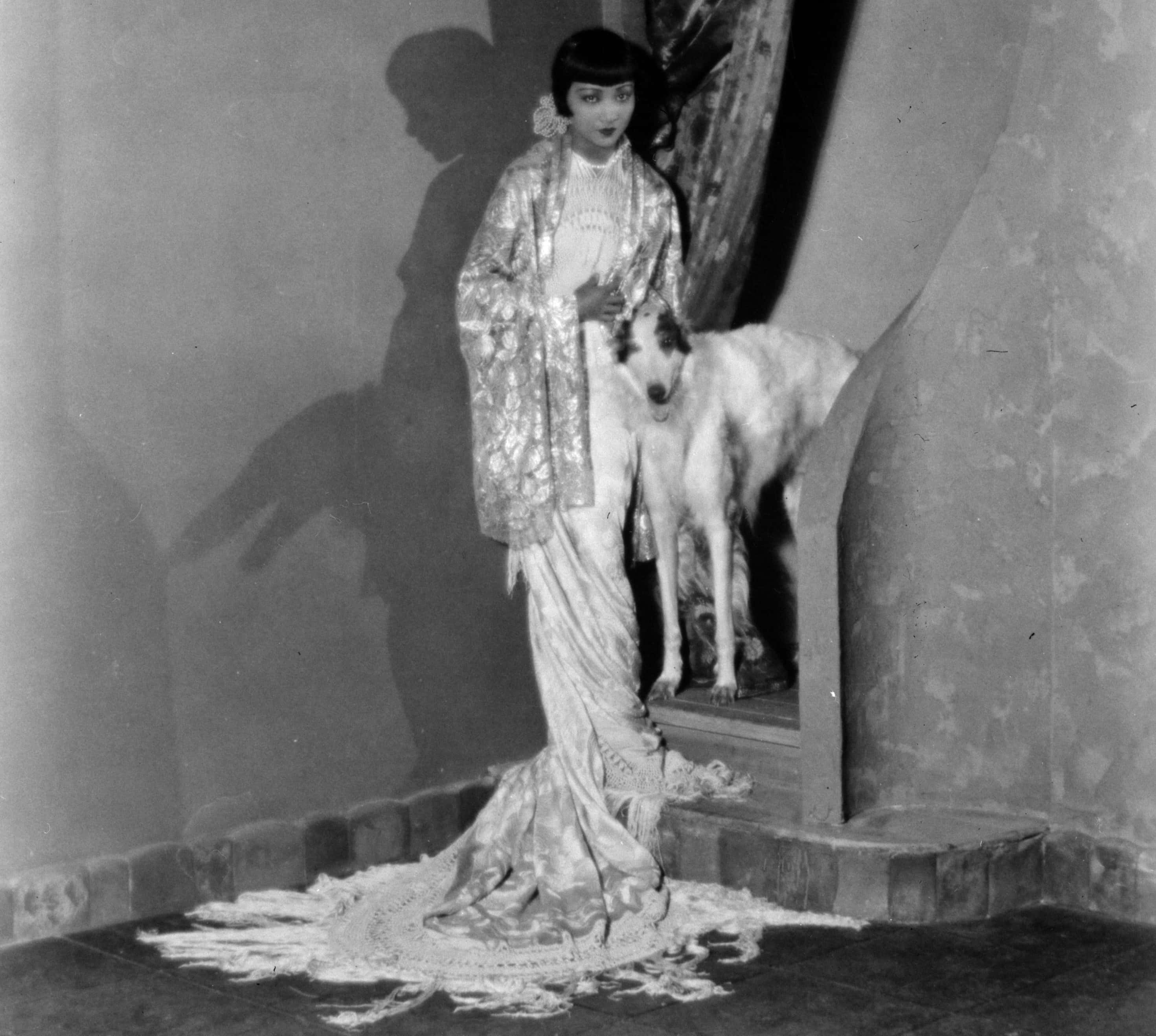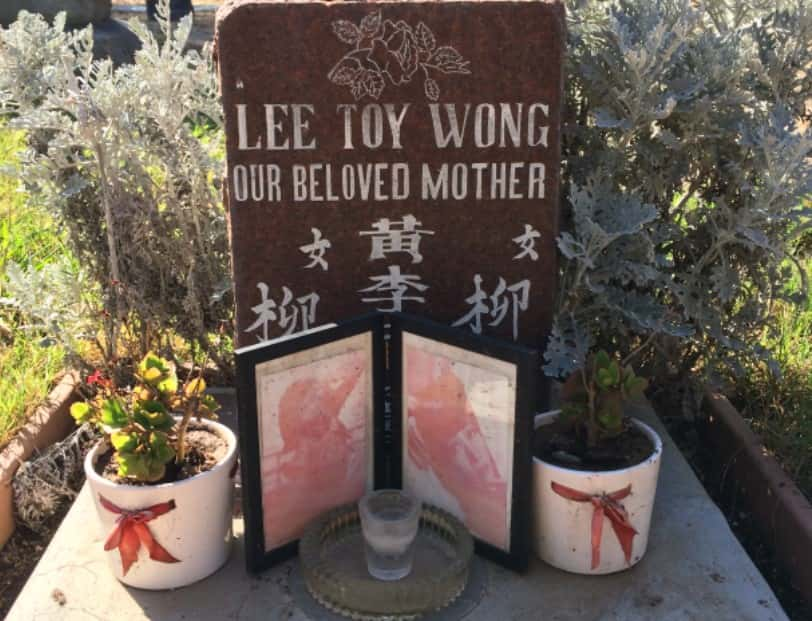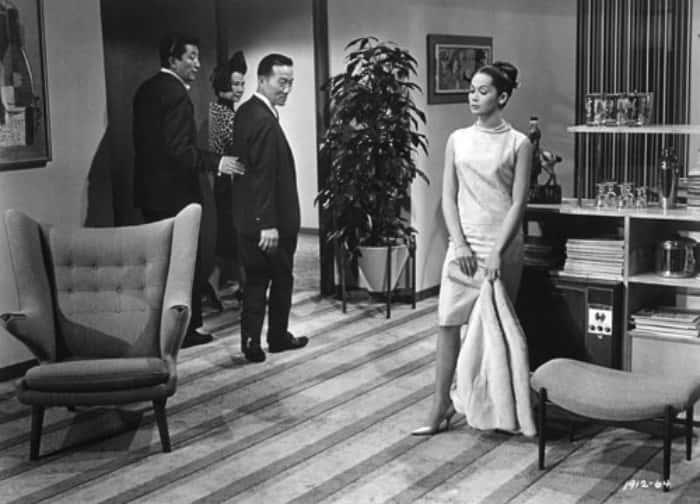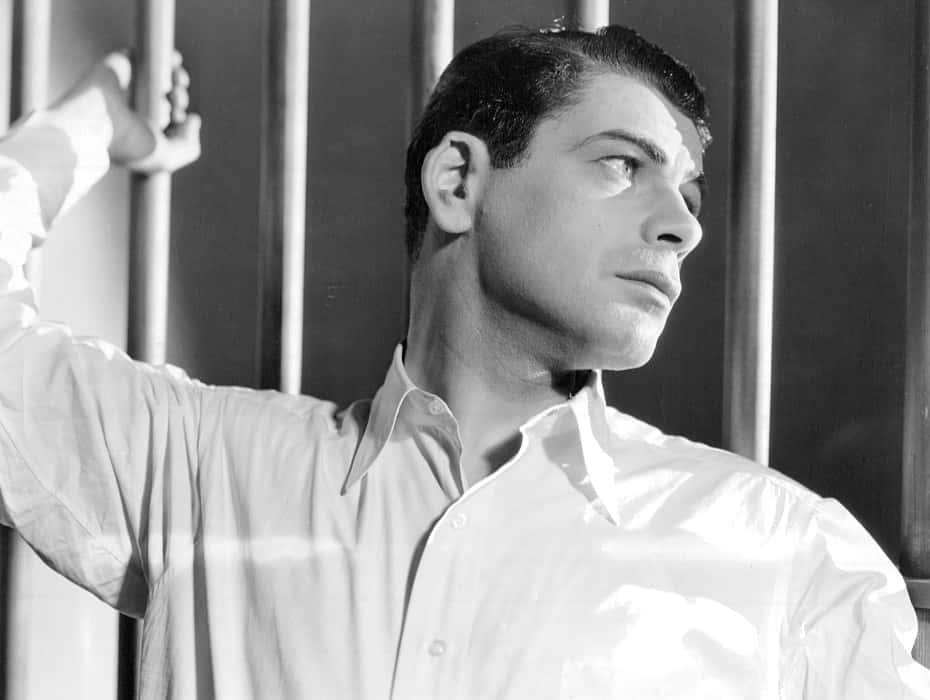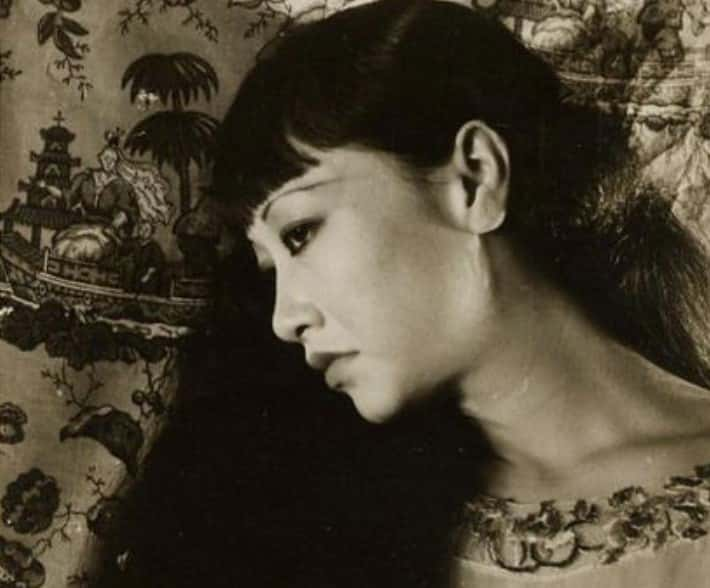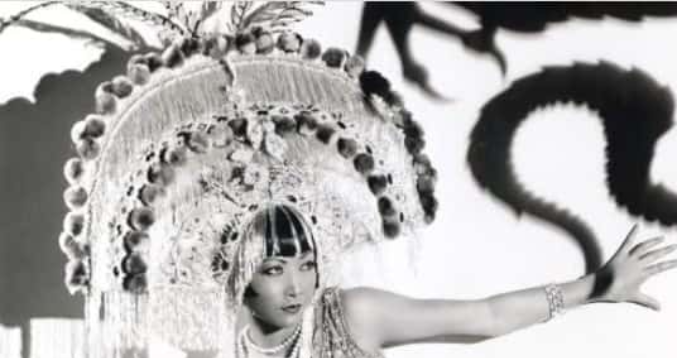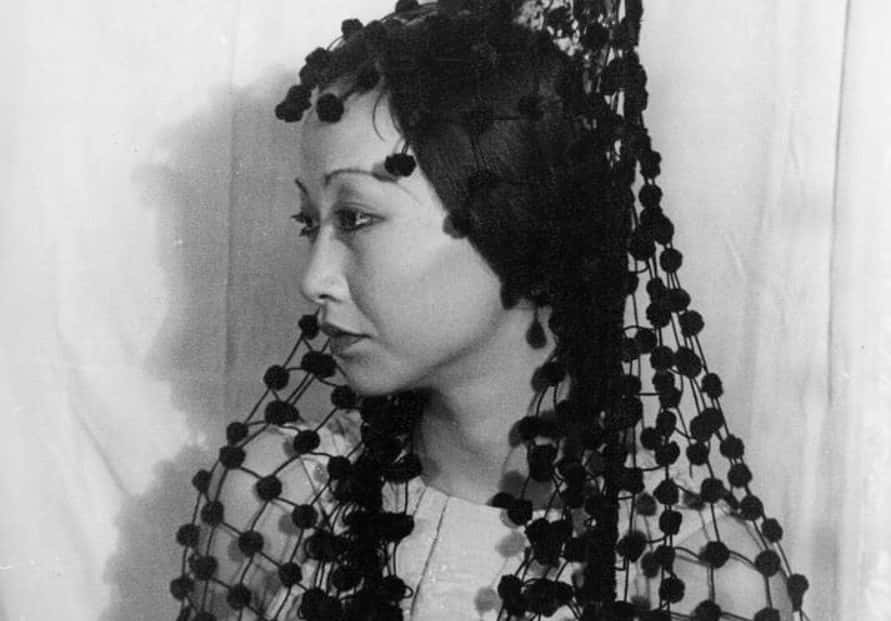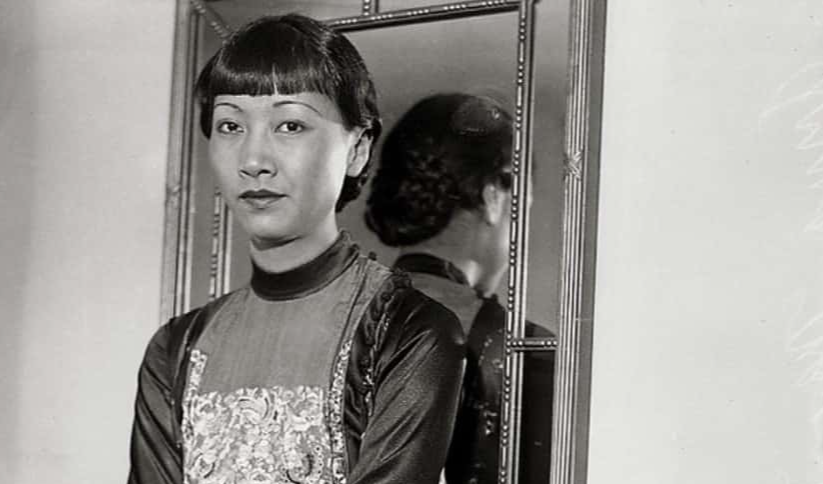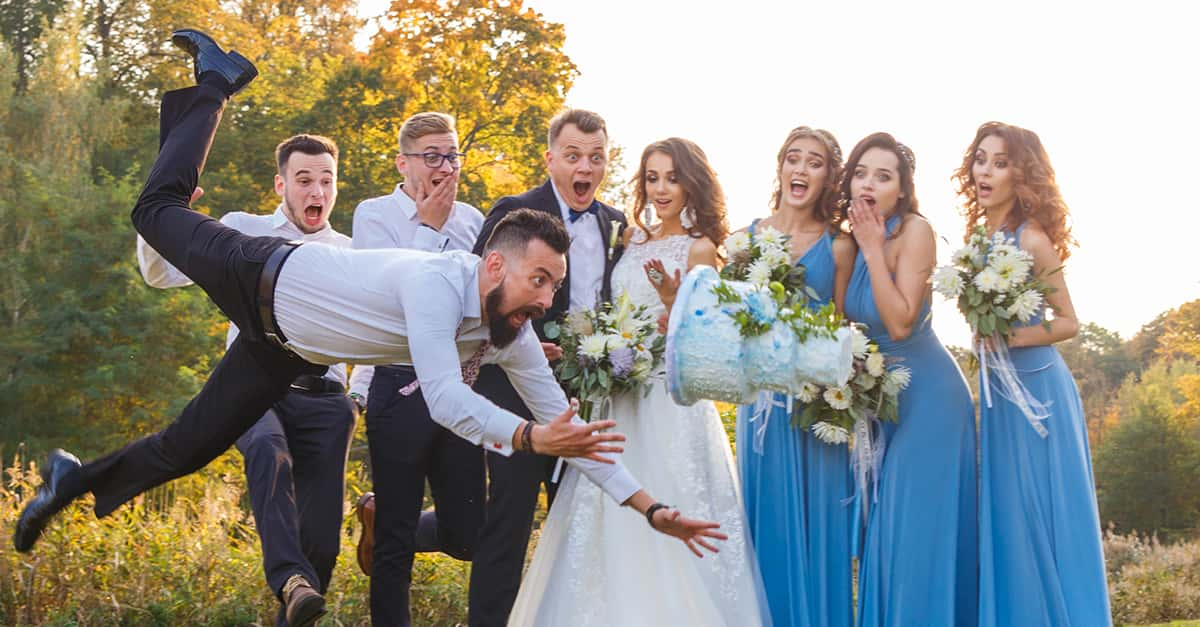Anna May Wong defied traditions. Widely considered to be the first Chinese-American movie star in Hollywood, Wong was also the first Chinese-American actress to be recognized on an international level. However, movies aren't even the beginning of her dramatic and scandalous life.
1. Welcome To The World
Wong Liu Tsong was born on the 3rd of January, 1905 in Los Angeles. She was the second of seven children born to second-generation Chinese Americans. Her name, translated literally into English, means “willow frost".
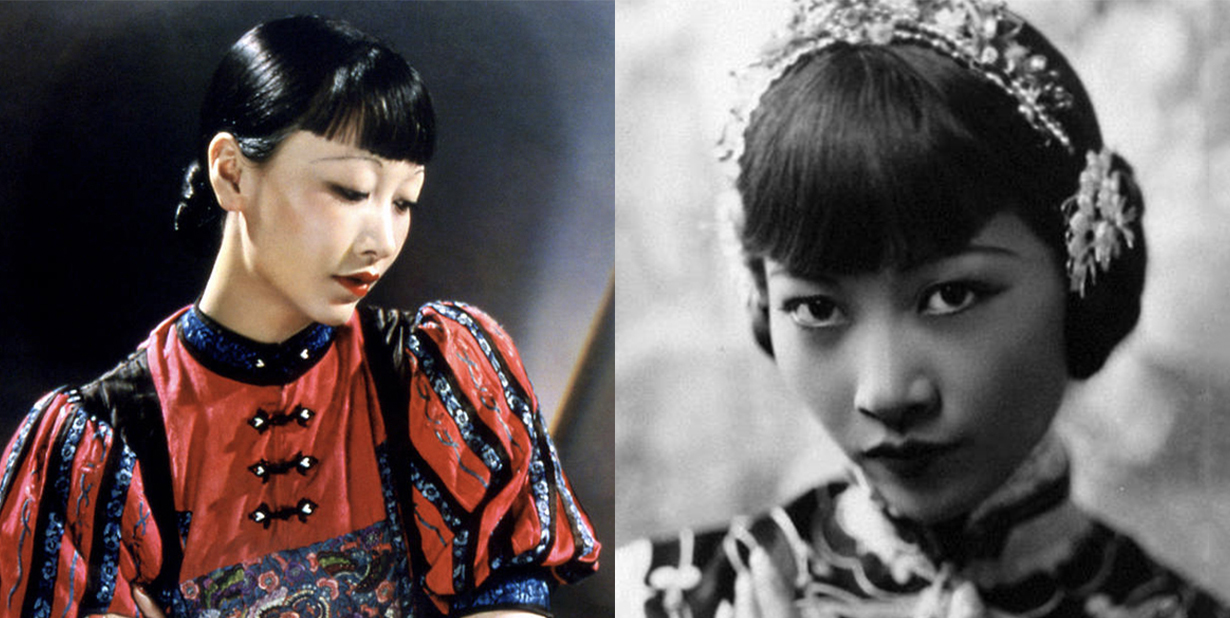
2. New Home
In 1910, when Wong was around five years old, her family moved away from Chinatown to Figueroa Street. In a neighborhood mostly comprised of Mexican and Eastern European families, Wong and her family were the only Chinese-Americans on the street.
3. The Beginning Of Something Significant
During Wong’s childhood, movie productions first began moving west, leading to movies being shot all across Los Angeles, including where Wong was growing up. It was the beginning of the enormous empire we know today as Hollywood, and it would inspire her to one day join the entertainment industry as an actress.
4. Disapproving Dad
However, Wong's family, particularly her father, was not pleased with her choice of dream job. Her father felt her ambitions would interfere with her more serious studies. Nonetheless, Wong kept going with her dreams.
5. Diverse Philosophies
Although Wong’s family were practicing Christians, Wong’s personal belief structure was strongly influenced by Confucianism, Taoism, and the philosophies written by historical Chinese writer Laozi.
6. Made For The Stage
By the time she was 11 years old, Wong had already come up with her stage name, "Anna May Wong," combining her English and family names to get the now-iconic moniker.
7. So It Begins…
When Wong first appeared on film, she was a young teenager working in a department store at Ville de Paris. When they needed 300 female extras for a movie called The Red Lantern, Metro Pictures issued a call for people to audition. Wong secretly approached a friend of her father’s and persuaded him to use his movie connections to get her a role.
Miraculously, it worked, and she had an uncredited part as one of the lantern-carrying extras.
8. Becoming Bilingual
As a child, Wong initially attended a public school. However, she became the target of racist bullying by other students. This led her father to take her out of public school and into a Presbyterian Chinese school. She still took her lessons in English, but she also attended another Chinese-language school on the weekends.
9. Curious Anna
Entranced by the film productions occurring all around her, Wong began looking for any opportunity to appear in those films starting at the tender age of nine. The little girl was so persistent, and became so well-known to the film crews, that she acquired the nickname "CCC," or “Curious Chinese Child".
10. Photography Kin
Wong wouldn’t be the only person in her family to join the film industry in a big way, though he would mostly work behind the camera rather than in front of it. Her cousin, James Wong Howe, became a highly sought-after cinematographer. His filmography spanned more than 50 years, and included such classics as Hud, The Old Man and the Sea, The Rose Tattoo, and Seconds.
11. Hi, Cuz!
Unsurprisingly, Wong and her cinematographer cousin would work together on a few different occasions. Their film collaborations were The Alaskan, Hollywood Party, Shanghai Express, and a 1924 version of Peter Pan, where she played Tiger Lily.
12. Mixing Love And Work
In Chinese culture, women who worked as actresses were often viewed as being no better than night women. As a result, Wong would shirk having relations with Chinese men. Most of her relationships and affairs were with older white men who often worked in the film industry.
13. All Or Nothing
After her appearance in The Red Lantern, Wong got busy doing extra work in films. Initially, she tried to balance her budding acting career with schoolwork, but she eventually had enough and dropped out of her studies. Her rationale was that she was so young starting out in Hollywood that even if nothing came her way after 10 years, she’d still be young enough to try something else.
We doubt her father was happy with this development.
14. Dance, Dance, Dance
While she was still struggling to balance education and her career, Wong began suffering from a bizarre disorder called St. Vitus' Dance, which causes jerking movements in the face and extremities. She was forced to miss months of classes, and the health scare no doubt contributed to her decision to leave school.
15. Becoming Known
Wong’s first onscreen credit came in 1921. She co-starred alongside actor Lon Chaney in the anthology film Bits of Life. Wong’s appearance in the film resulted in her getting the cover photo for an edition of Picture Show, a British magazine.
16. You’re A Hit!
The following year, the 17-year-old Wong received her first-ever leading role. The Toll of the Seas was a 1922 silent drama shot in color that was loosely based on the classic tragedy Madama Butterfly. Interestingly, this was the very first color film shot in Hollywood. Wong’s performance was enthusiastically praised by The New York Times.
17. Quadruple-Lingual
Aside from her acting talents, Wong also had a gift for languages. Throughout her life, she not only learned to speak English and the Taishan dialect, but also spoke fluent German and French. Certainly it would have made for a good backup career as a translator if her acting career ever dried up.
18. Up, And Then Down
In the 1930s, Wong starred in the highly successful Broadway play On the Spot. After a run that included 167 performances, the play was adapted into a film titled Dangerous to Know. Wong reprised her role of Madame Lan Ying in the 1938 picture. Sadly, the film wasn’t as well received as the play had been.
19. Forbidden Love
Despite her rising star and the strength of her acting talent, Wong’s career was hampered by Hollywood’s refusal to give her meaty roles. This was partly due to an anti-miscegenation law, which forbade an interracial couple from kissing on-screen. The lack of Asian-American film stars meant that Wong was denied leading lady roles that would have been hers if she’d been white, or if Hollywood had been less prejudicial.
20. Starting Strong
Wong’s first “talkie” film was the 1930 British drama titled The Flame of Love. Not only did she speak English, Wong also recorded her lines in French and German for the international markets.
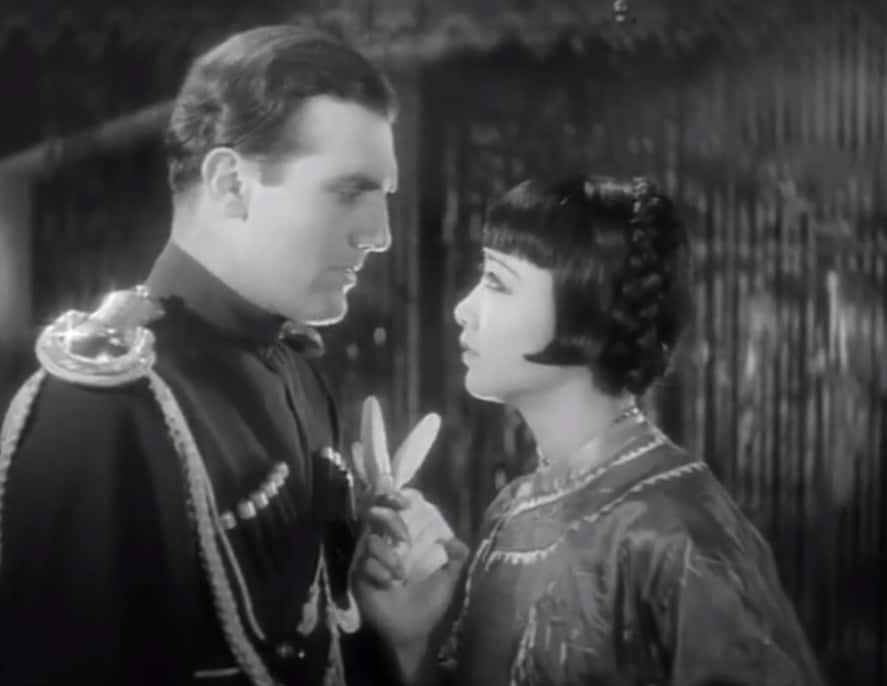 The Flame of Love, British International Pictures
The Flame of Love, British International Pictures
21. At Least She Tried
During the 1920s, Wong found success where she either played various non-white supporting roles, or Chinese stereotypical characters. Refusing to be pigeonholed, she then attempted to move her career beyond film. In 1925, she embarked on a tour of vaudeville circuits in the company of several other actors in the hopes of broadening her range.
However, the tour proved unsuccessful, and she was forced back to films for further work.
22. Missed Opportunity
In the early 1920s, Wong attempted to use her rising star in Hollywood to spearhead a production company that would make films based on traditional Chinese myths. However, Anna May Wong Productions (as the company was called) had yet to produce any films when her business partner was revealed as corrupt and untrustworthy.
After Wong sued him, the company was scuttled.
23. I’ll Speak From Now On
Wong’s final performance in a silent film was the role of Shosho in the 1929 flick Piccadilly.
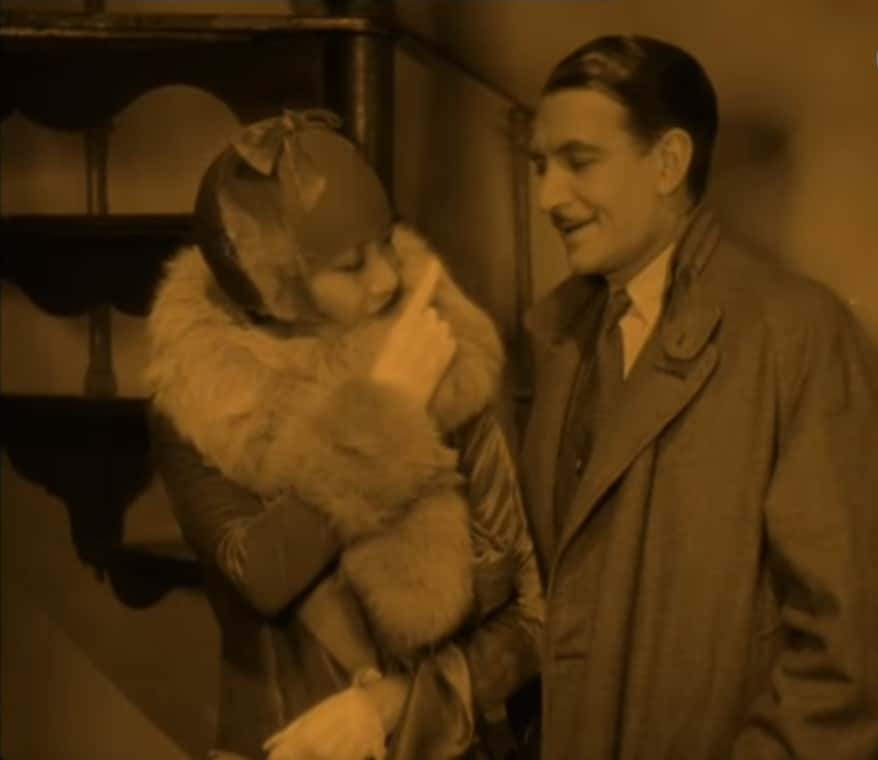 Piccadilly, British International Pictures
Piccadilly, British International Pictures
24. Time For A Change
In 1928, Wong had enough of Hollywood’s racist casting policies, as the Asian characters she sought to play were often played by white actors instead. She made the trip to Europe, where her career would rise to heights previously denied to her in Los Angeles. Much of this acclaim came from her work in German films, which were made a few years before World War II.
25. Lost Passion
One of Wong’s more well-known romantic partners was English entertainer Eric Maschwitz. After their relationship, Maschwitz wrote the song “These Foolish Things (Remind Me of You),” which was then performed by legendary singer Billie Holiday. It’s long been speculated that Maschwitz was inspired to write the song because of his lingering affection for Wong.
Thus, not for the first time in music history was the end of love mined for a hit song.
26. You Too, Huh?
Like many Asian actors stuck within Hollywood, Wong became involved in a film depicting the stereotypical Chinese villain Fu Manchu. Wong portrayed Manchu’s daughter in the 1931 film Daughter of the Dragon.
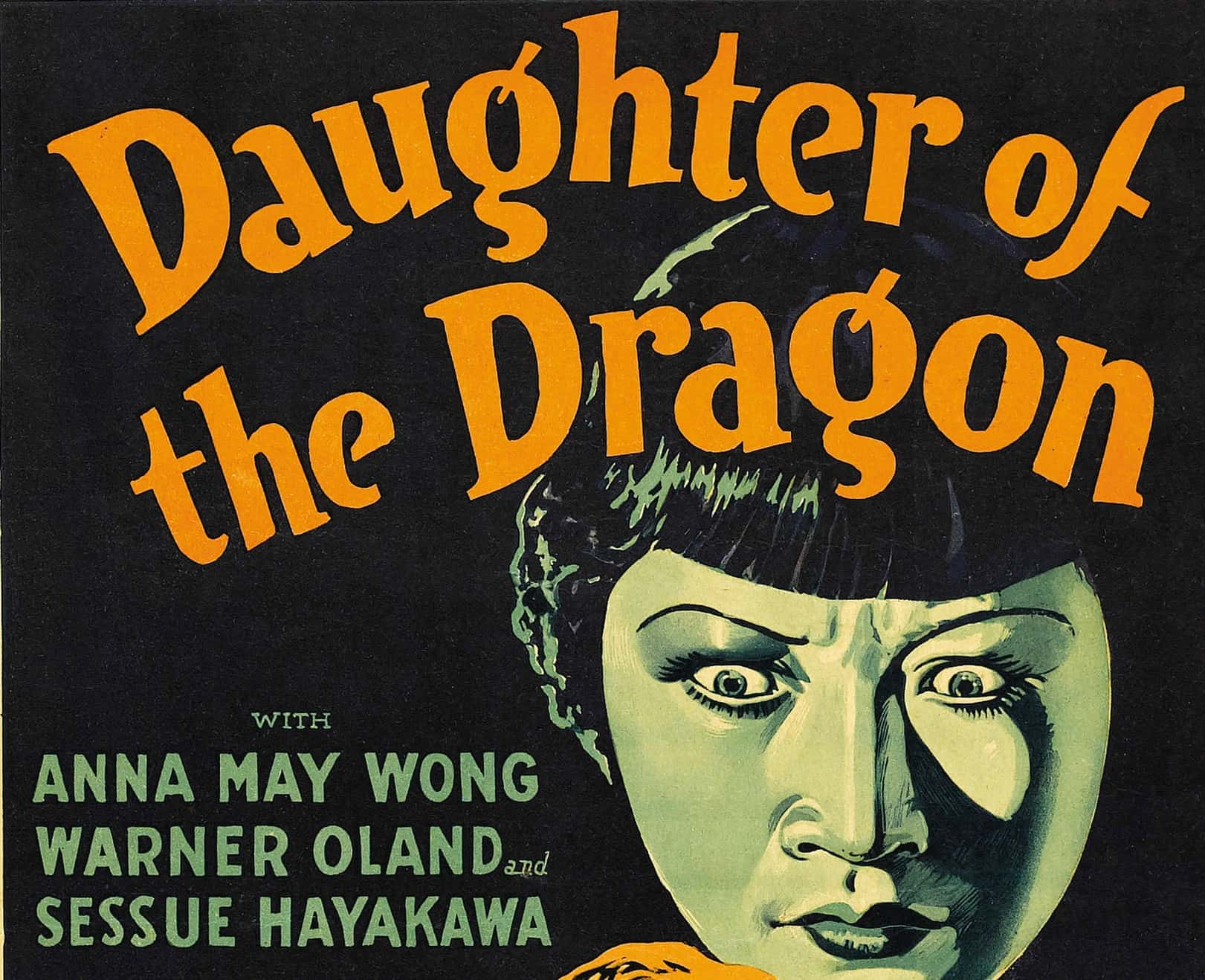
27. Marked On The Ground For Life
If you want to find Wong’s star on the Hollywood Walk of Fame, go to 1708 Vine Street. It was first dedicated on the 8th of February, 1960.
28. On Second Thought…
In 1930, Wong was lured back to Hollywood from a self-imposed exile when Paramount Studios offered her a contract based on the strength of her European work. However, she was once again the victim of Hollywood production codes. After a few years, Wong re-crossed the Atlantic Ocean, though she would spend the rest of the 1930s going back and forth.
29. Not Another Drink
In the latter half of her life, Wong became emotionally drained from her struggles with Hollywood’s policies, the pressures of international fame, and her alienation from China. Sadly, Wong found solace in alcoholism. This would affect her health, particularly in the last years of her life.
30. Going Out With A Bang
Wong’s final appearance in a theatrically-released film came in 1960. She had a supporting role in the murder thriller Portrait in Black. The film was a big success, making more than $9 million on a budget of less than $1.5 million.
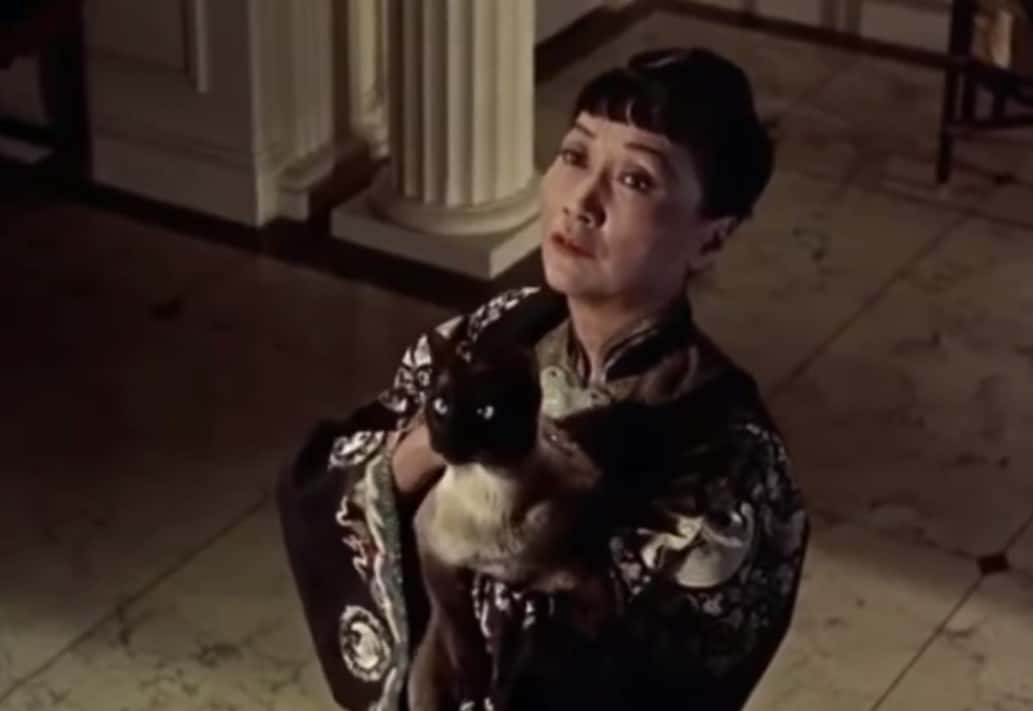 Portrait in Black, Universal Pictures
Portrait in Black, Universal Pictures
31. One Of Us
Partly due to the rumors of her being a lesbian, as well as her having been marginalized due to her race, Wong’s film career retained a faithful following within the gay community. This following lasted long after Wong’s death.
32. People Take Any Excuse To Gossip…
During her work with Marlene Dietrich on the film Shanghai Express, rumors emerged that the two actresses were carrying on an affair. Despite the damage that these rumors did to her reputation, Wong continued to maintain the friendship.
33. Dressed For The Occasion
During the 1920s and 1930s, Wong was not only a famous actress, but also an international fashion icon. New York’s Mayfair Mannequin Society chose her to be the “World’s Best-Dressed Woman” in 1934.
34. Farewell
Two days after appearing on The Barbara Stanwyck Show, Wong died of a heart attack in her sleep on the 3rd of February, 1961. She was 56 years old. She was cremated, and her ashes were buried in her mother’s grave in Rosedale Cemetery.
35. Narrowly Missed Out
Prior to her death, Wong was meant to star in a film adaptation of Rodgers and Hammerstein’s Broadway production Flower Drum Song. Unfortunately, Wong had to drop out because of her health. The film was eventually made, and became the first major Hollywood production to be a contemporary Asian-American story that actually starred a mainly Asian cast.
36. I’m Sorry, What?!
In the 1930s, Wong lobbied fiercely for the lead romantic role in The Good Earth. However, it would have meant that she’d be playing the wife of white actor Paul Muni (who was himself playing a Chinese character named Wang Lung in the film). Because Hollywood wouldn’t allow an interracial couple onscreen, Wong was not allowed to play the role of O-lan, despite being the proper ethnic background.
37. That’s Some Real Nerve
Wong was understandably insulted when she was once again denied a Chinese role in The Good Earth. Instead, to accommodate Paul Muni, the role went to white actress Luise Rainer. Wong was offered another role, the villainous character of Lotus, but she furiously and righteously refused to take part in the film at all.
To add insult to injury, Rainer eventually won an Oscar for her work playing the Chinese role.
38. Outsider
As frustrated as Wong was when she was playing stereotypes in Hollywood, the people of China ironically detested her for portraying these stereotypes in the first place. In the mid-1930s, after the bitter disappointment of The Good Earth, Wong embarked on a tour of China. It was a gut-wrenching and eye-opening tour.
Not only did she feel “too American” to fit in with other Chinese people, but the crowds were often against her. In one heartbreaking incident, Wong landed in Hong Kong to a crowd of people. Her travels had made her depressed and irritable, and she quickly took her anger out on the crowd. In return, someone in the group shouted back, "Down with Huang Liu Tsong–the stooge that disgraces China".
Thoroughly exhausted, Wong started to cry, the crowd lost all control, and a mob started. It’s safe to say that her trip did not go well at all.
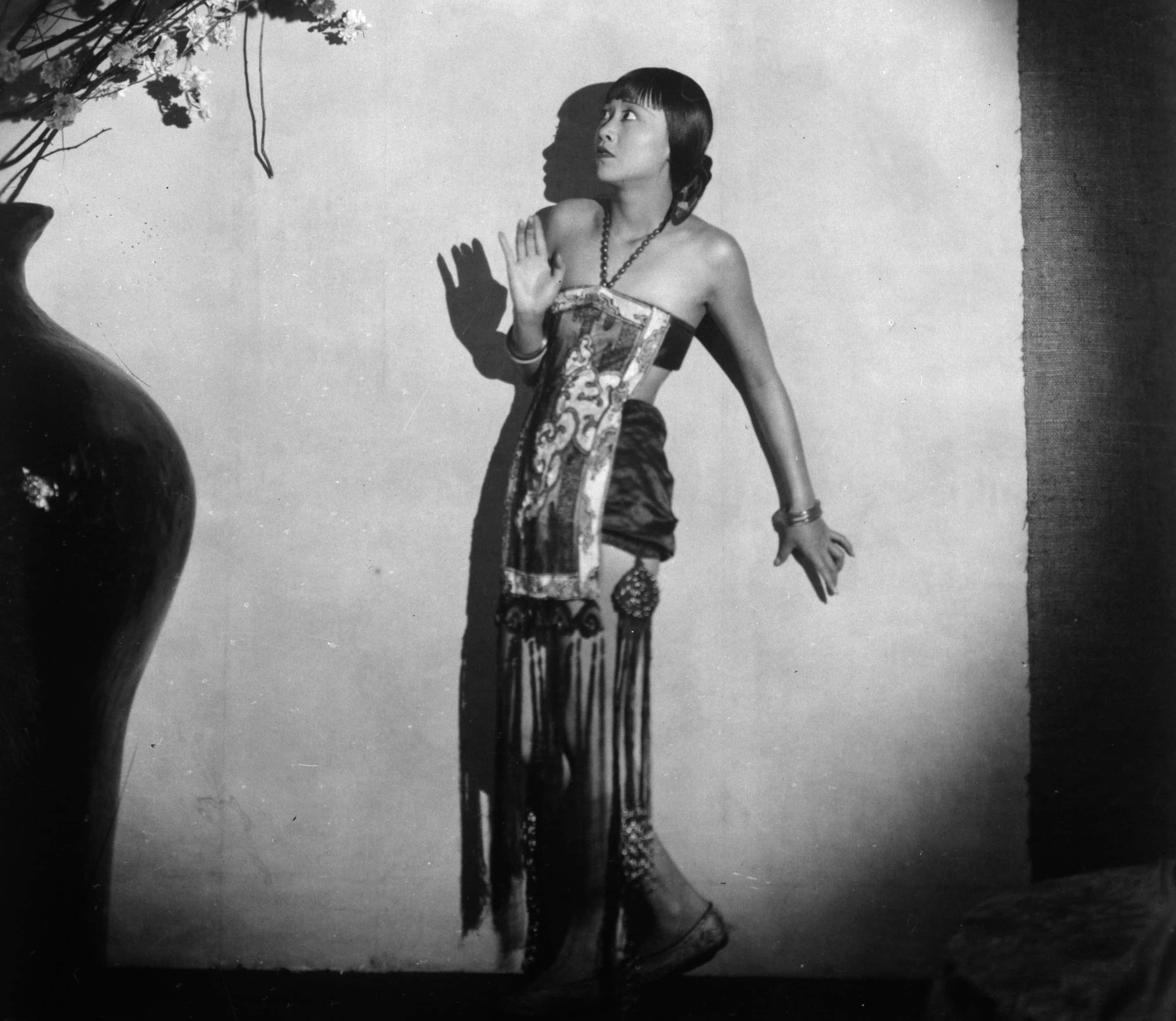 Getty Images
Getty Images
39. Family Tragedies
In 1930, Wong’s mother was killed after being struck by a vehicle outside of her home. 10 years later, Wong’s younger sister hanged herself in her own garage when she was just 30 years old.
40. The Last Word
Even when she found success as an actress, Wong’s father still disapproved of his daughter’s career. The two of them became estranged, which only got worse after the tragic death of Wong’s mother. However, her father did write an article for a Chinese magazine where he admitted that he was proud of Wong and her accomplishments as an actress.
41. Putting It In Writing
Sadly, these feelings of pride weren't enough to keep father and daughter together: Wong's will disinherited her father.
42. Over-Protective
When she was still a child making her way through the film industry, Wong's disapproving father demanded that she have a guardian with her on set at all times. Although this was probably a good measure, he might have taken that protection too far: if Wong was the only Asian in the cast, her father also had her locked in her dressing room when she wasn't filming.

